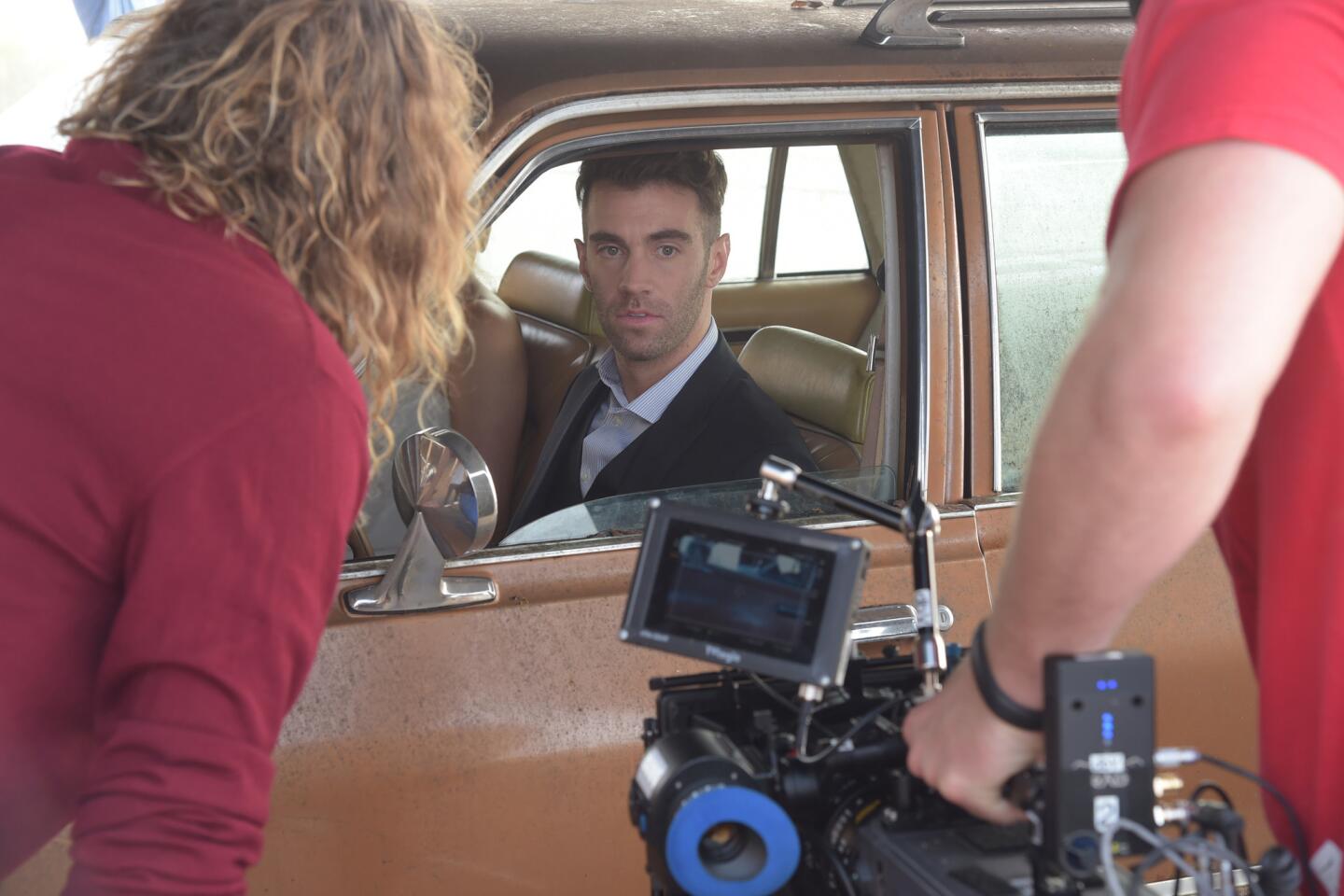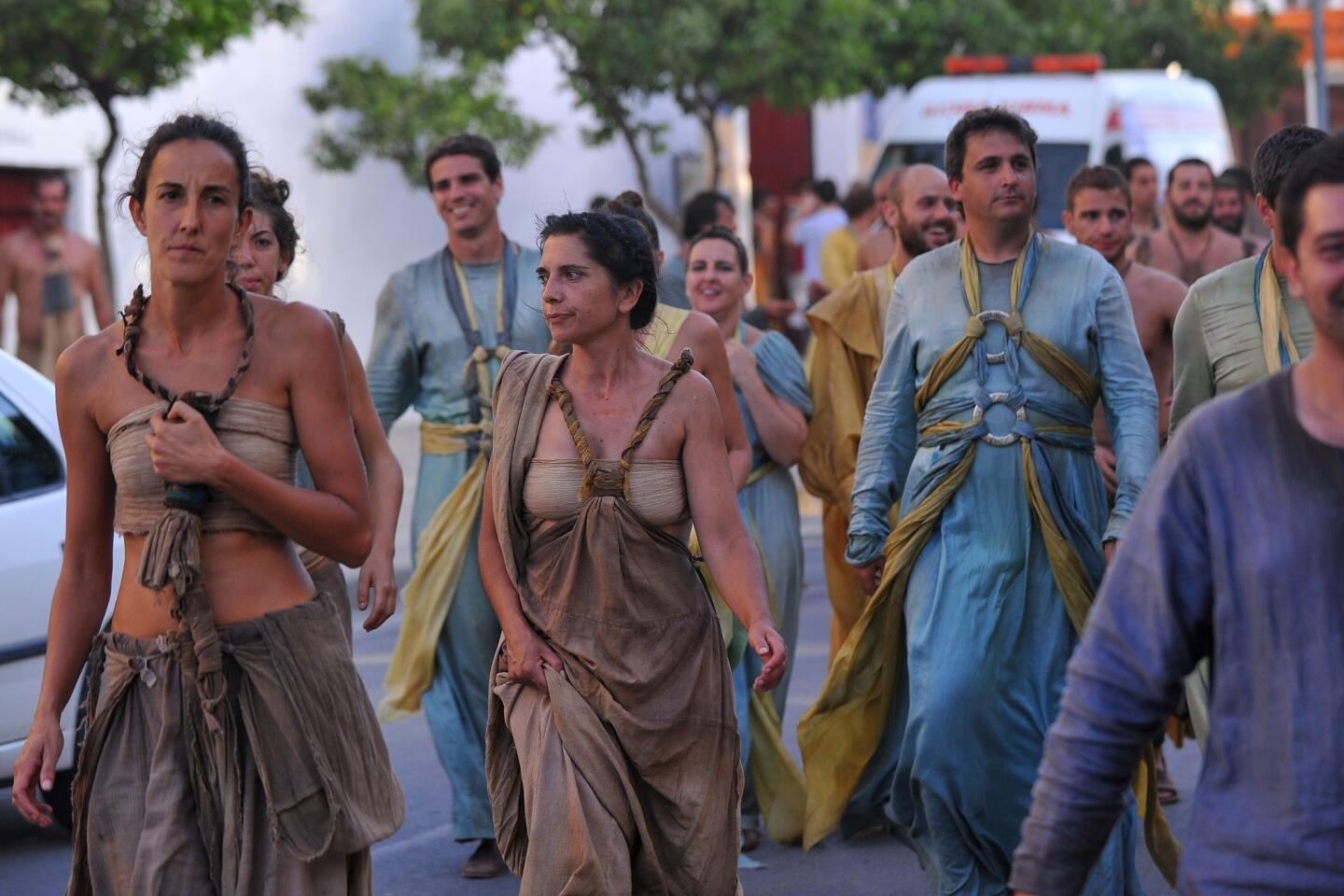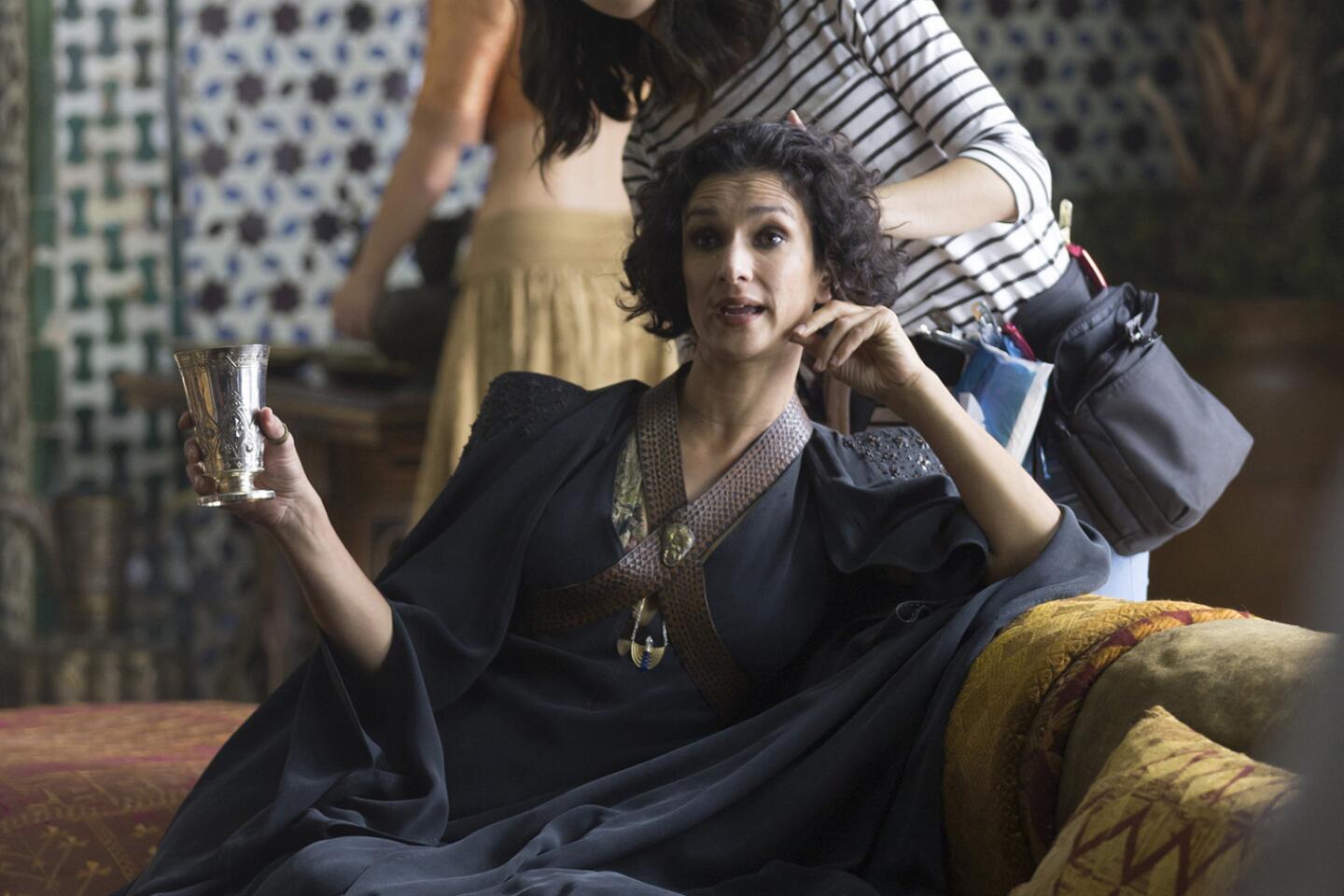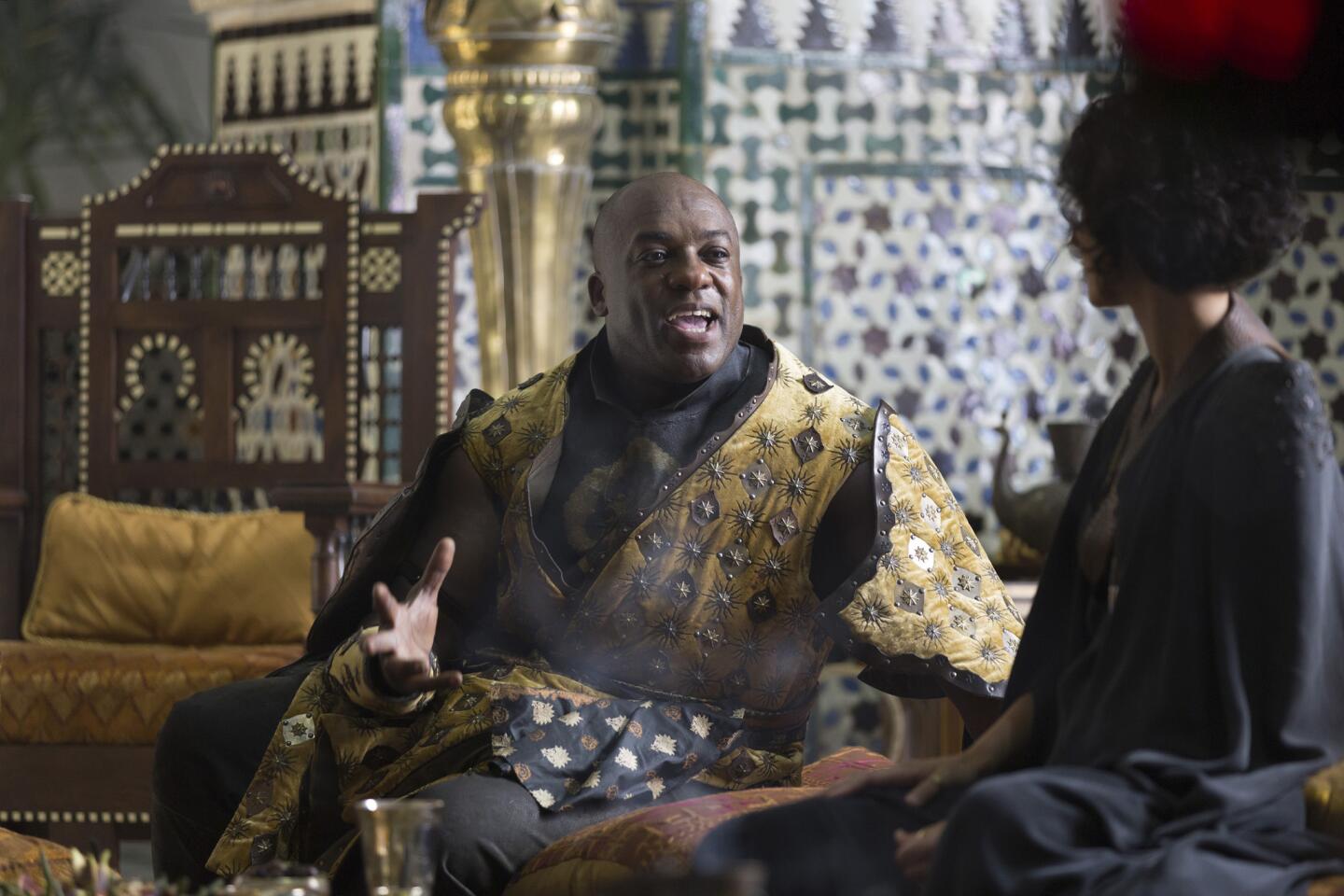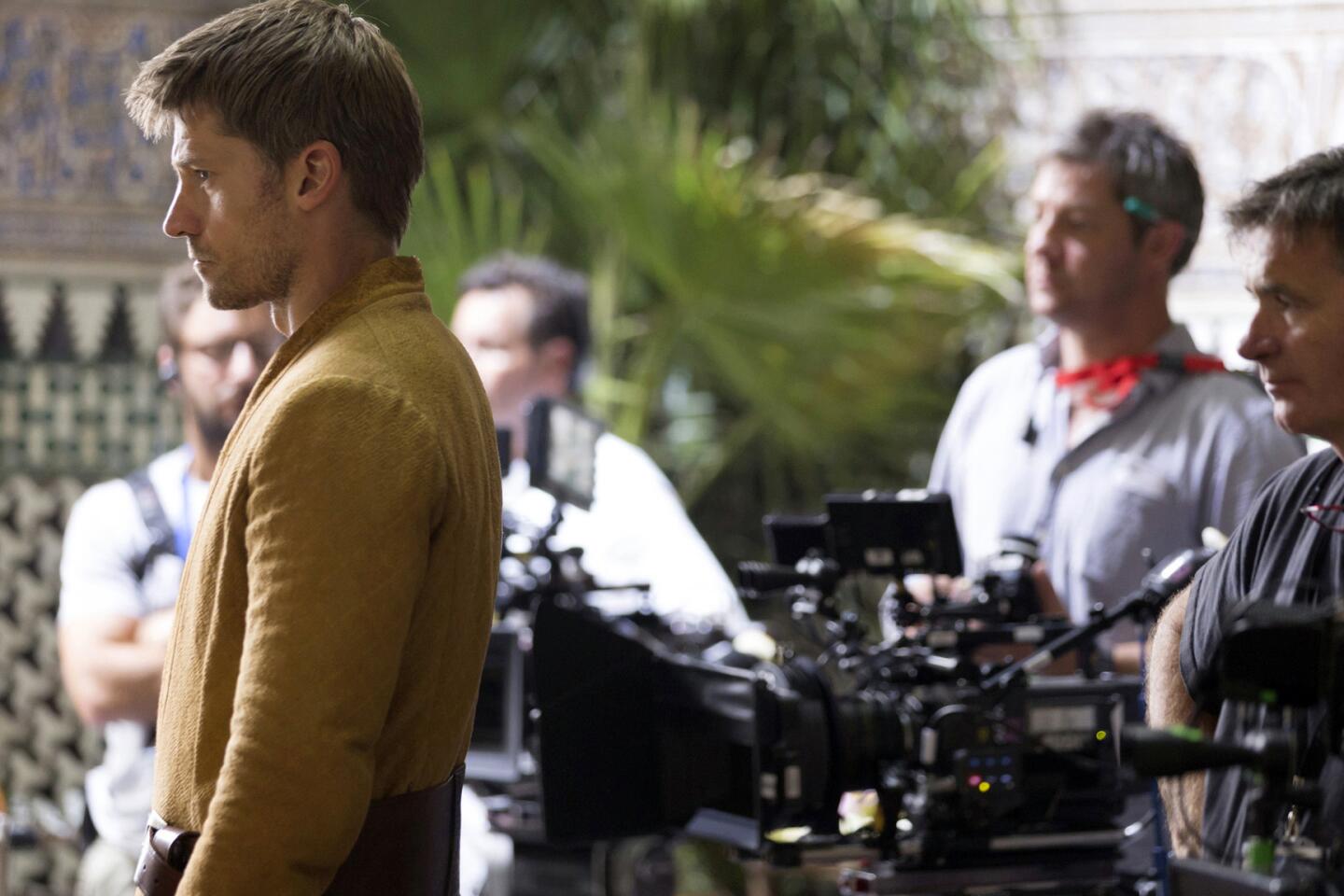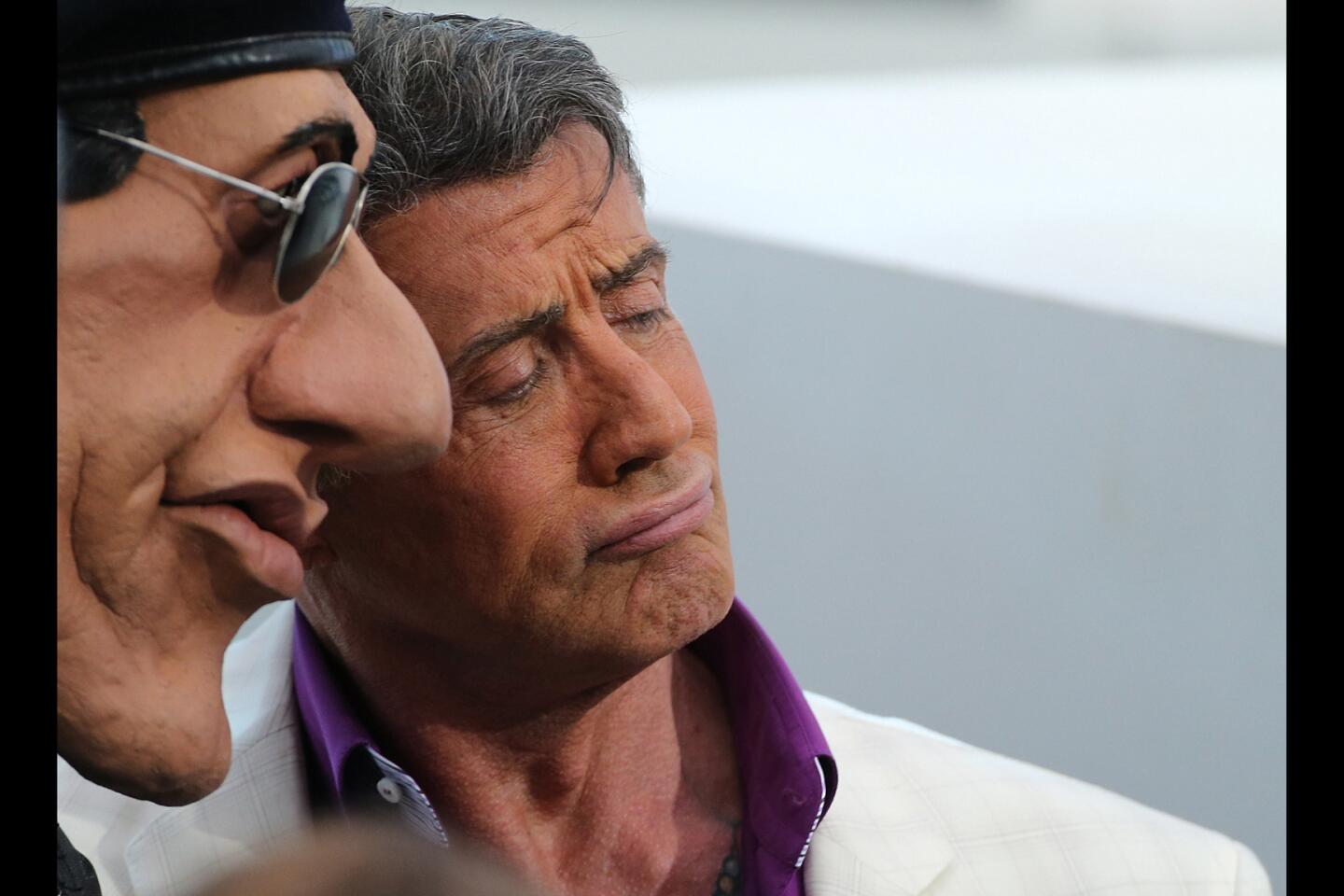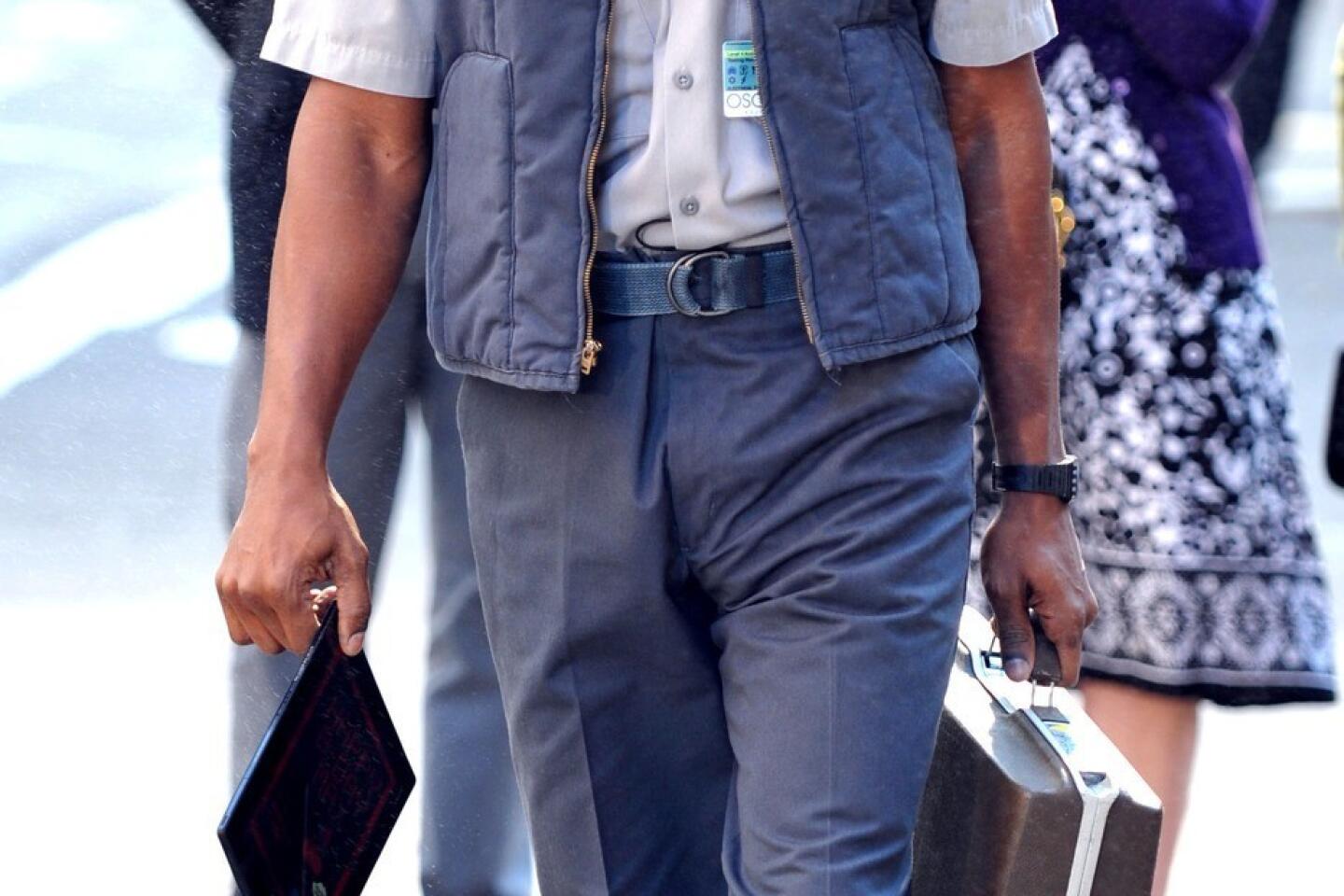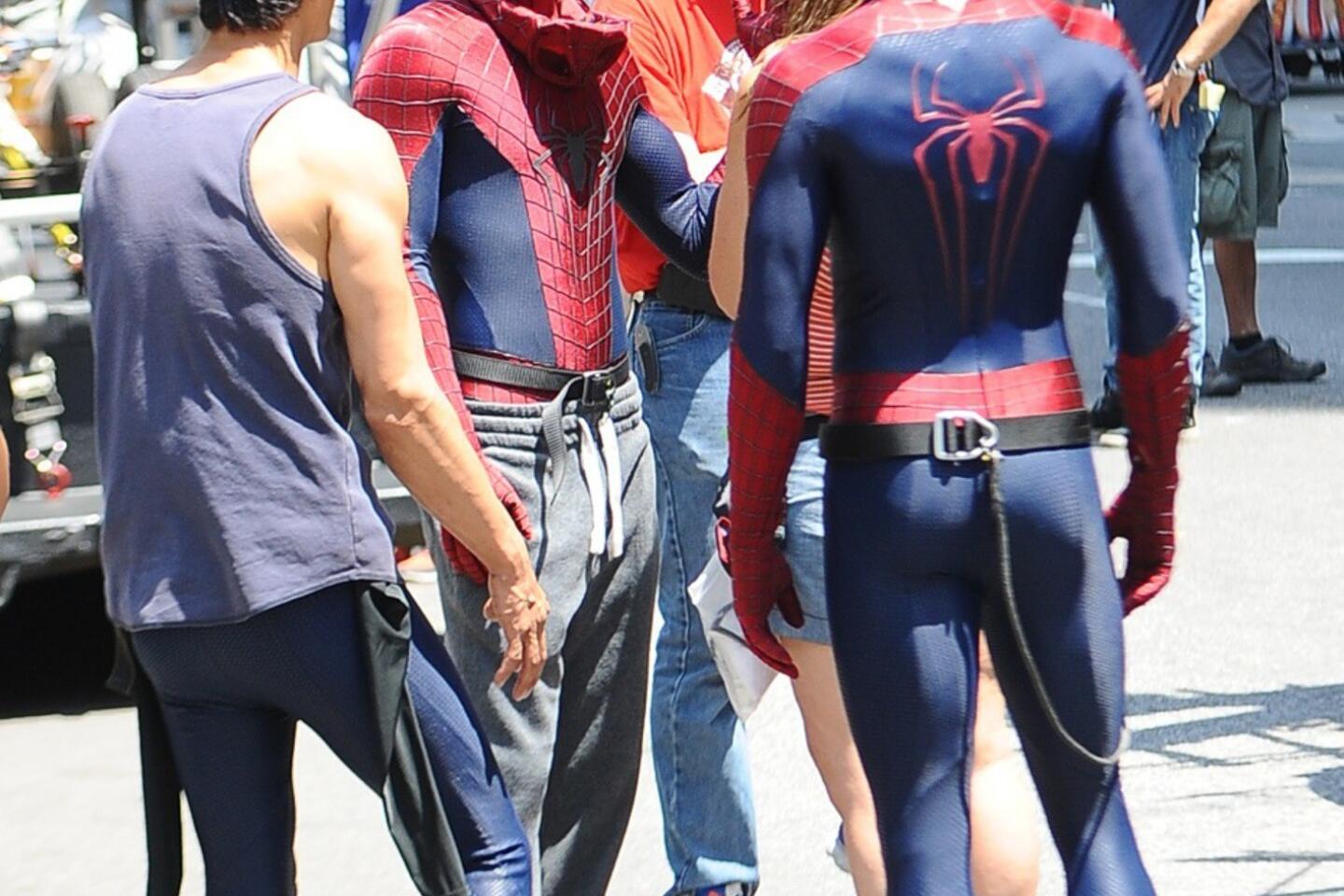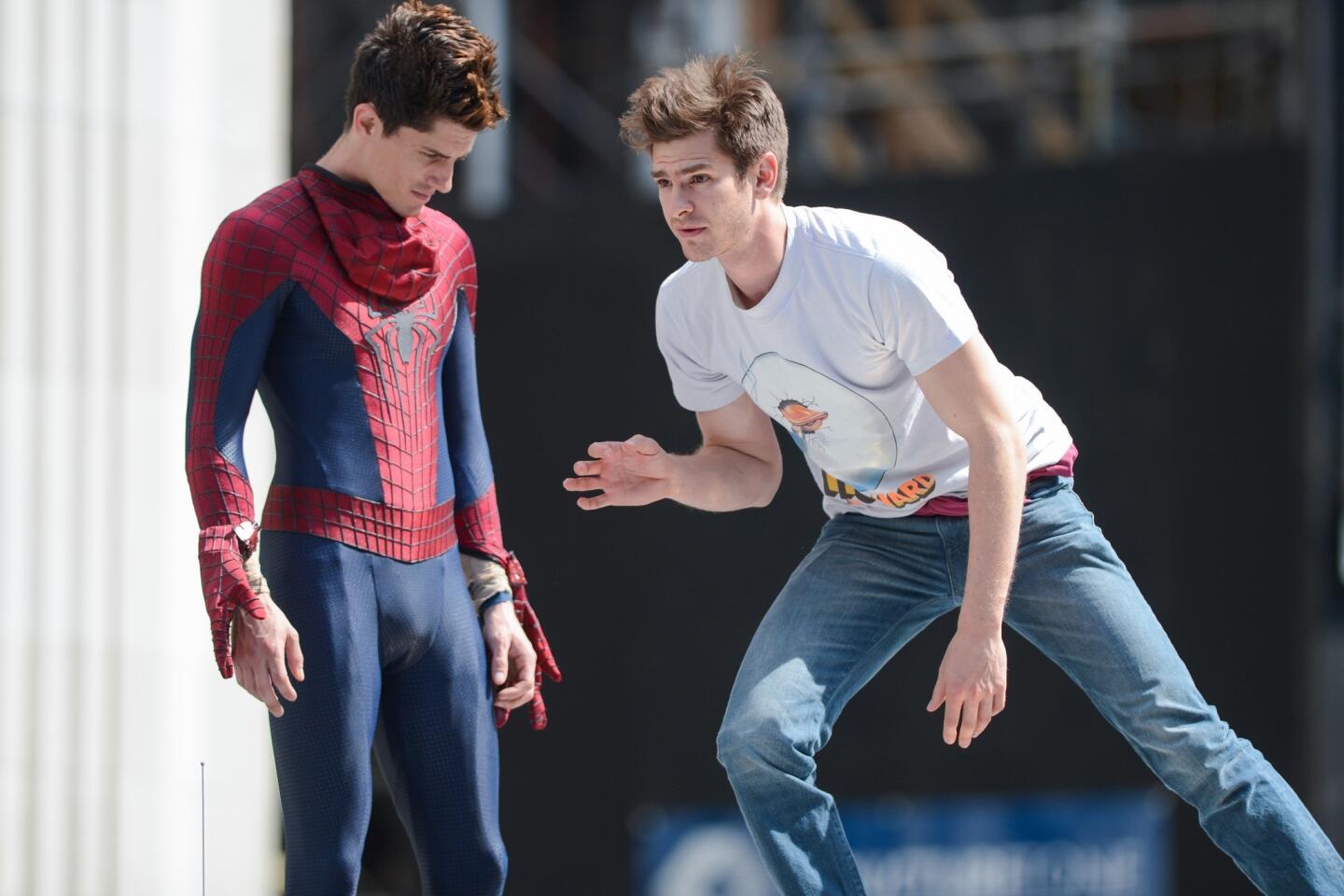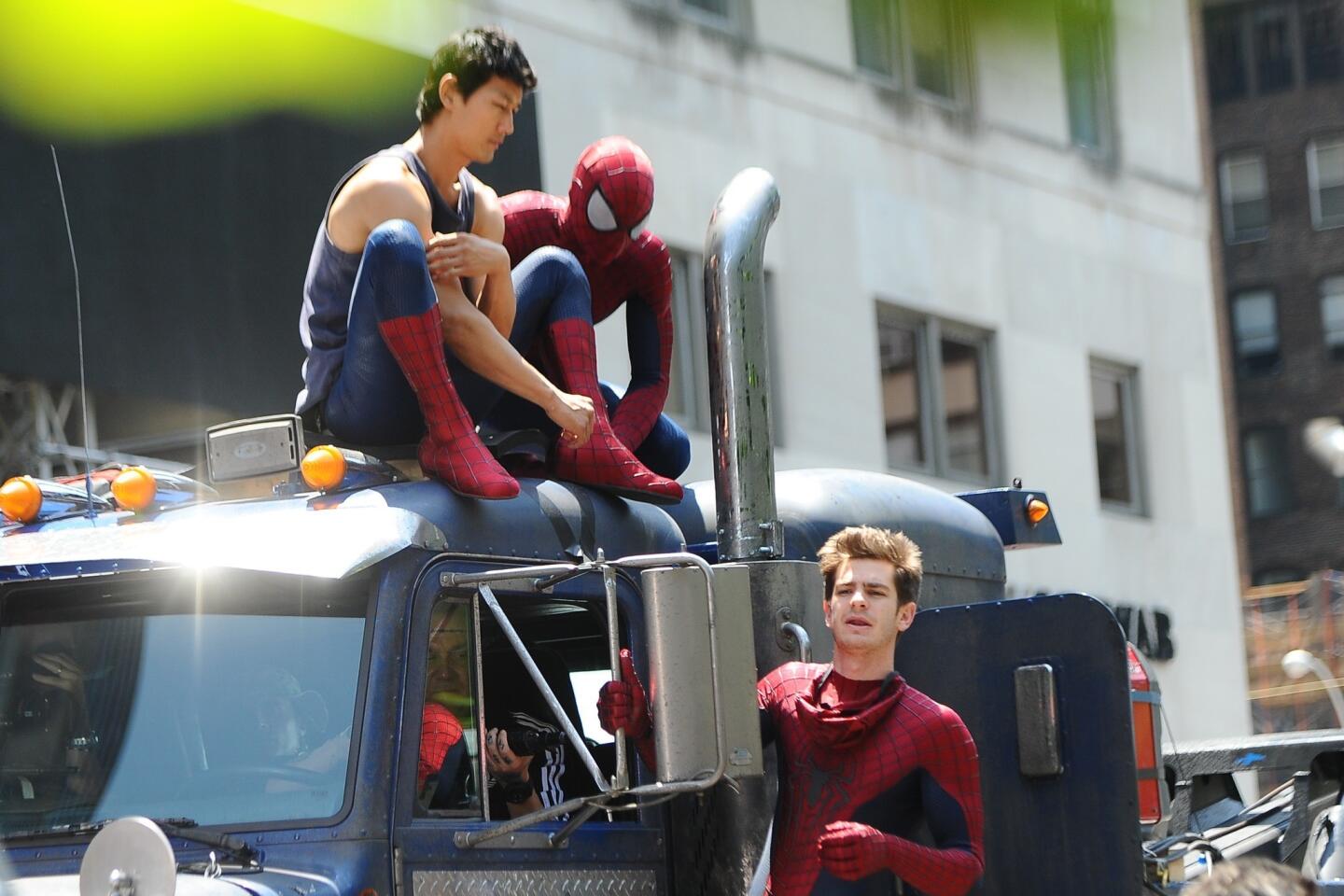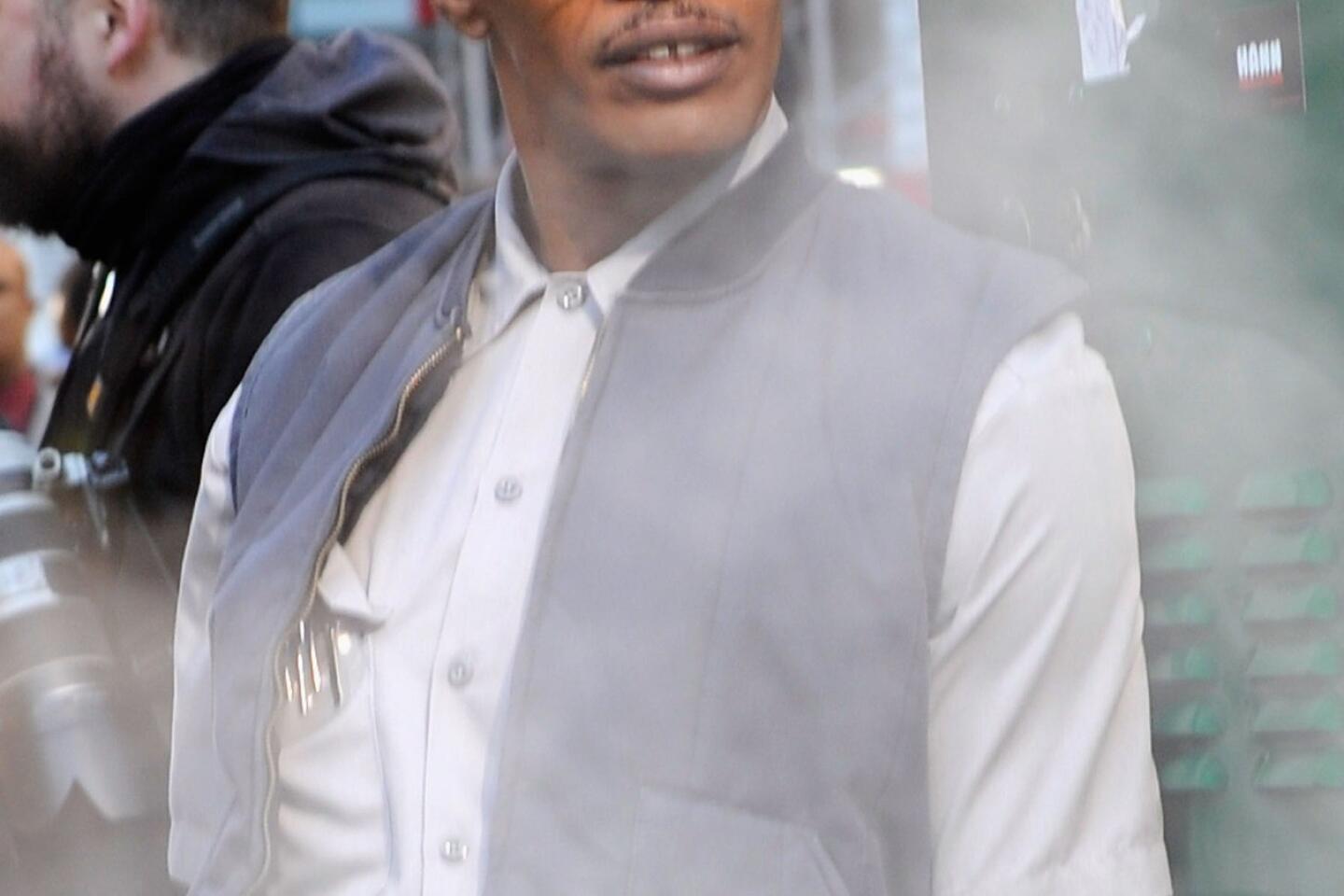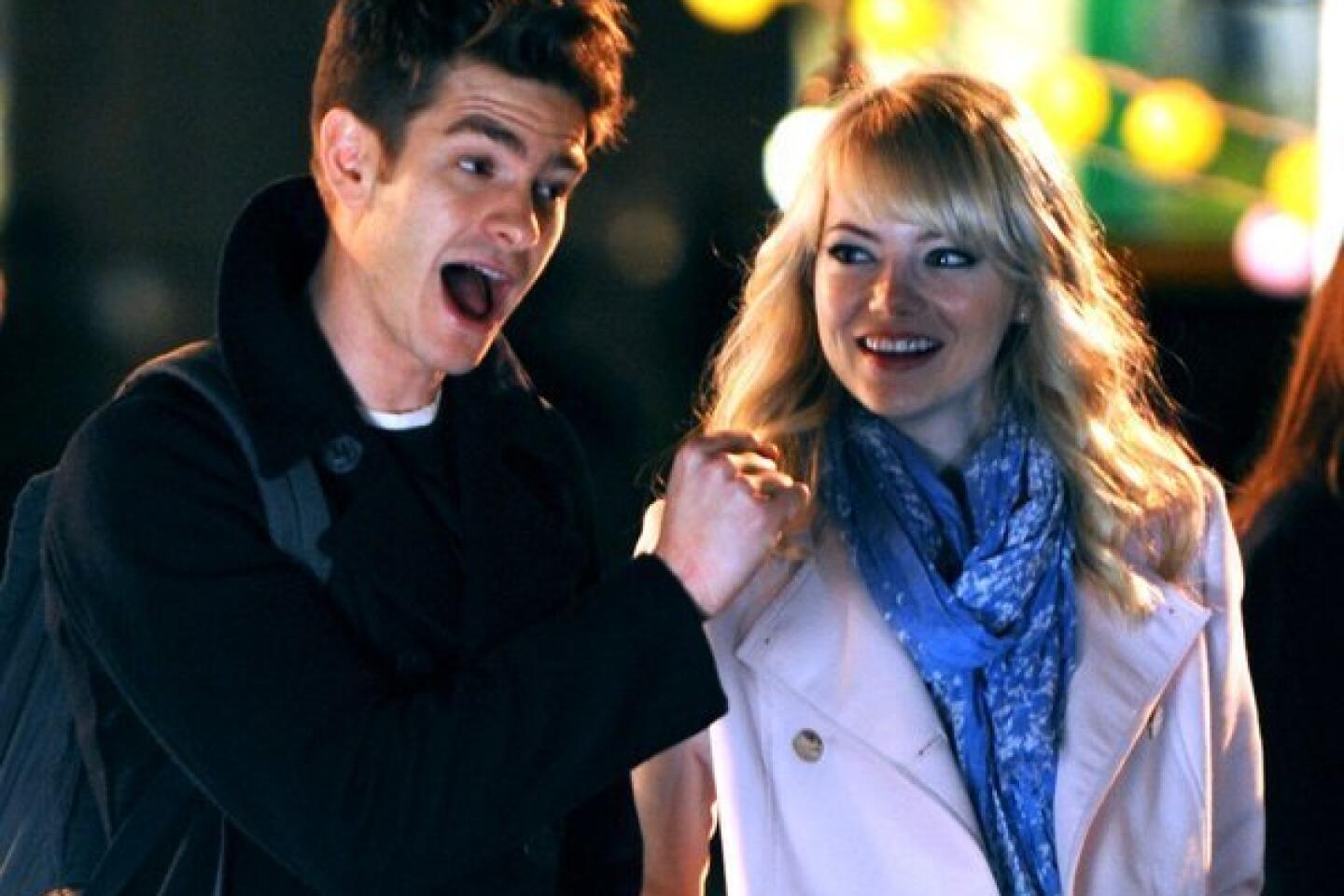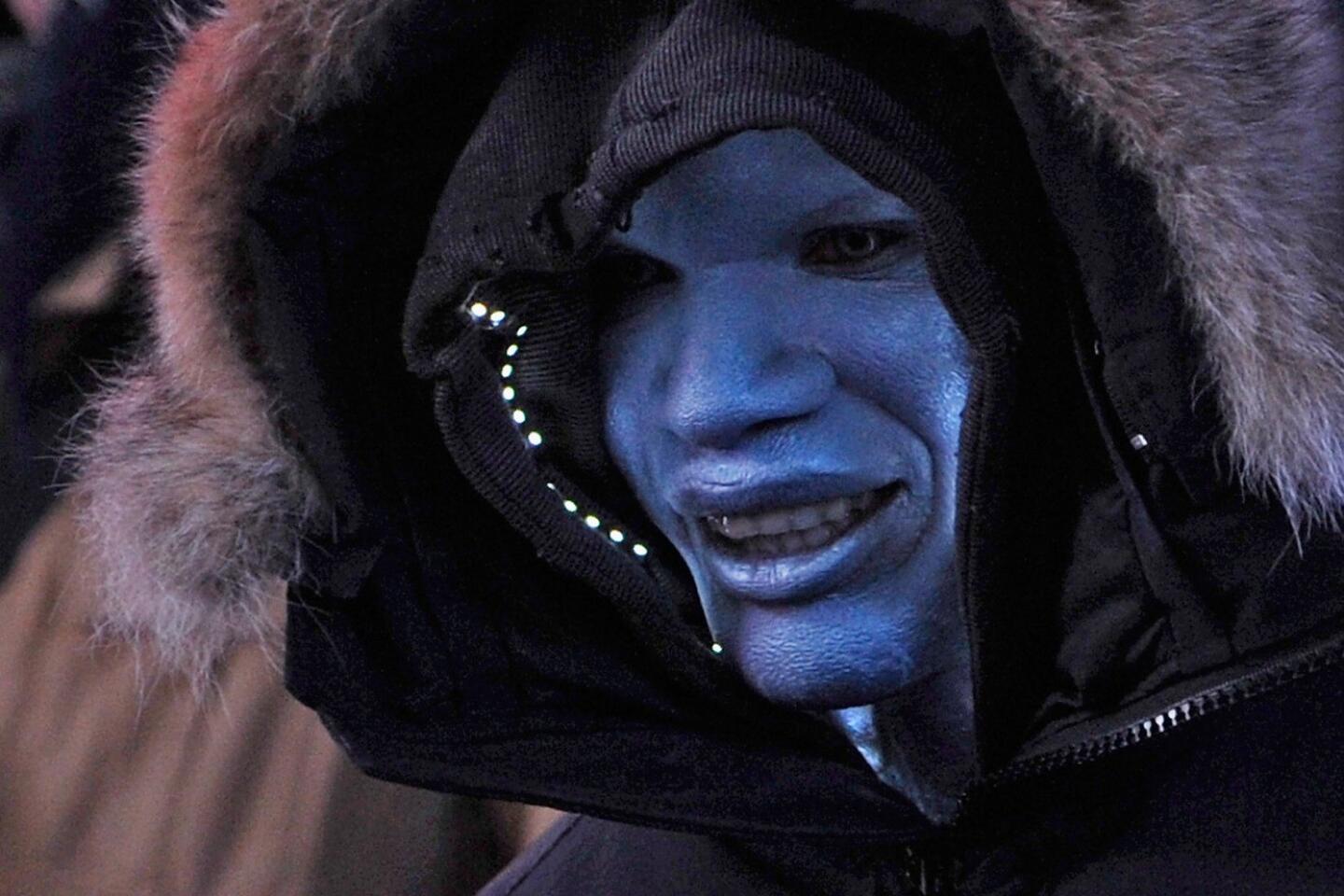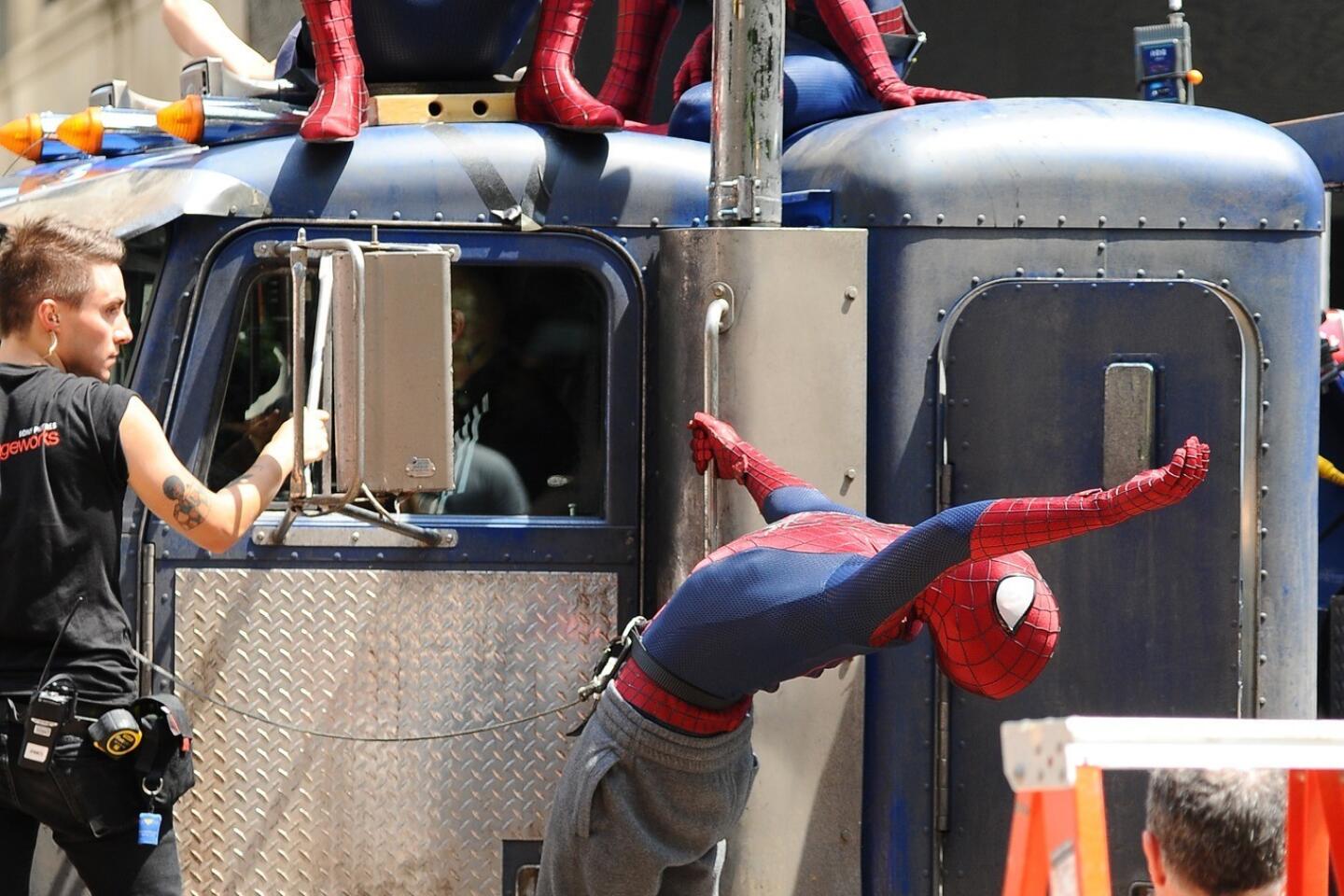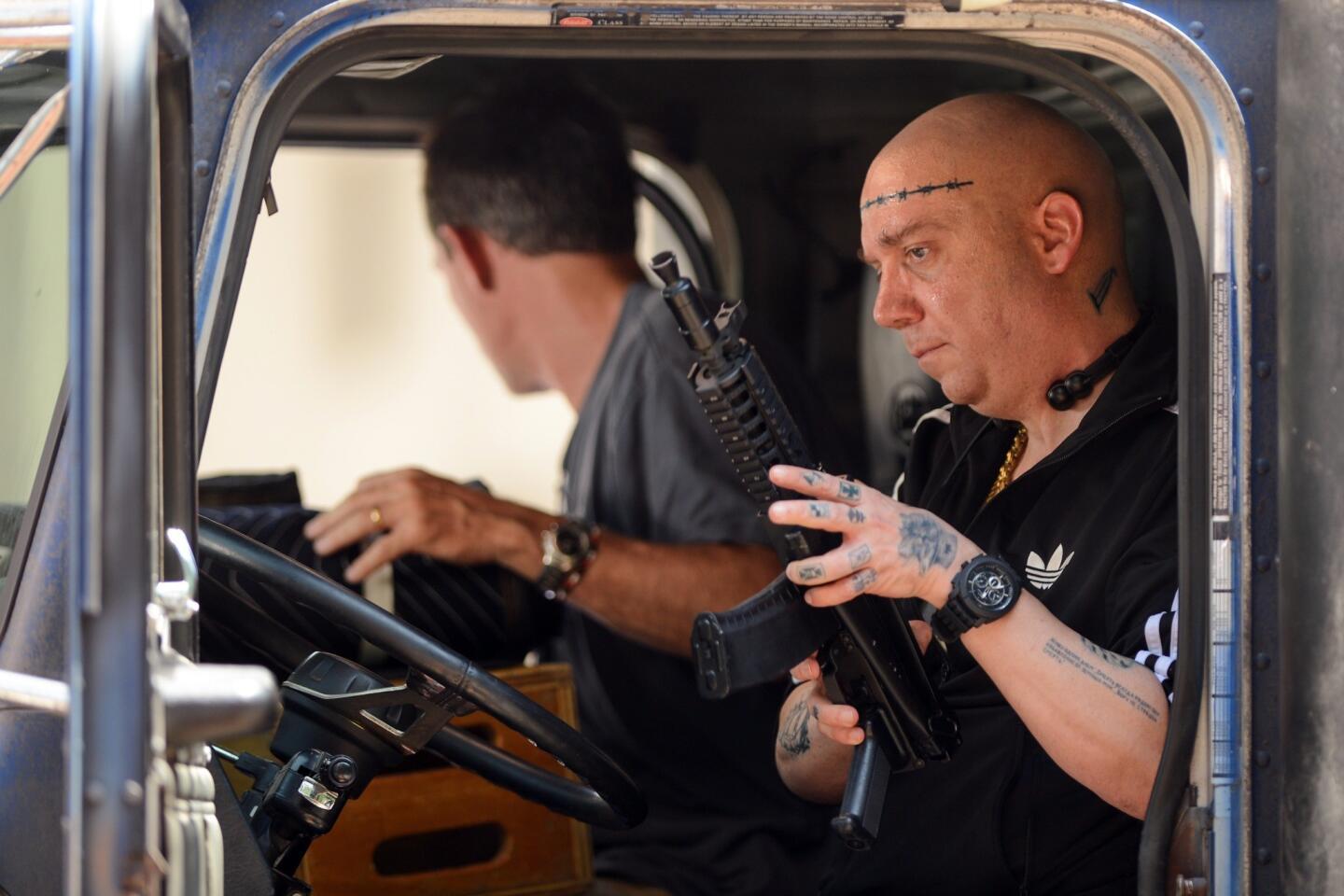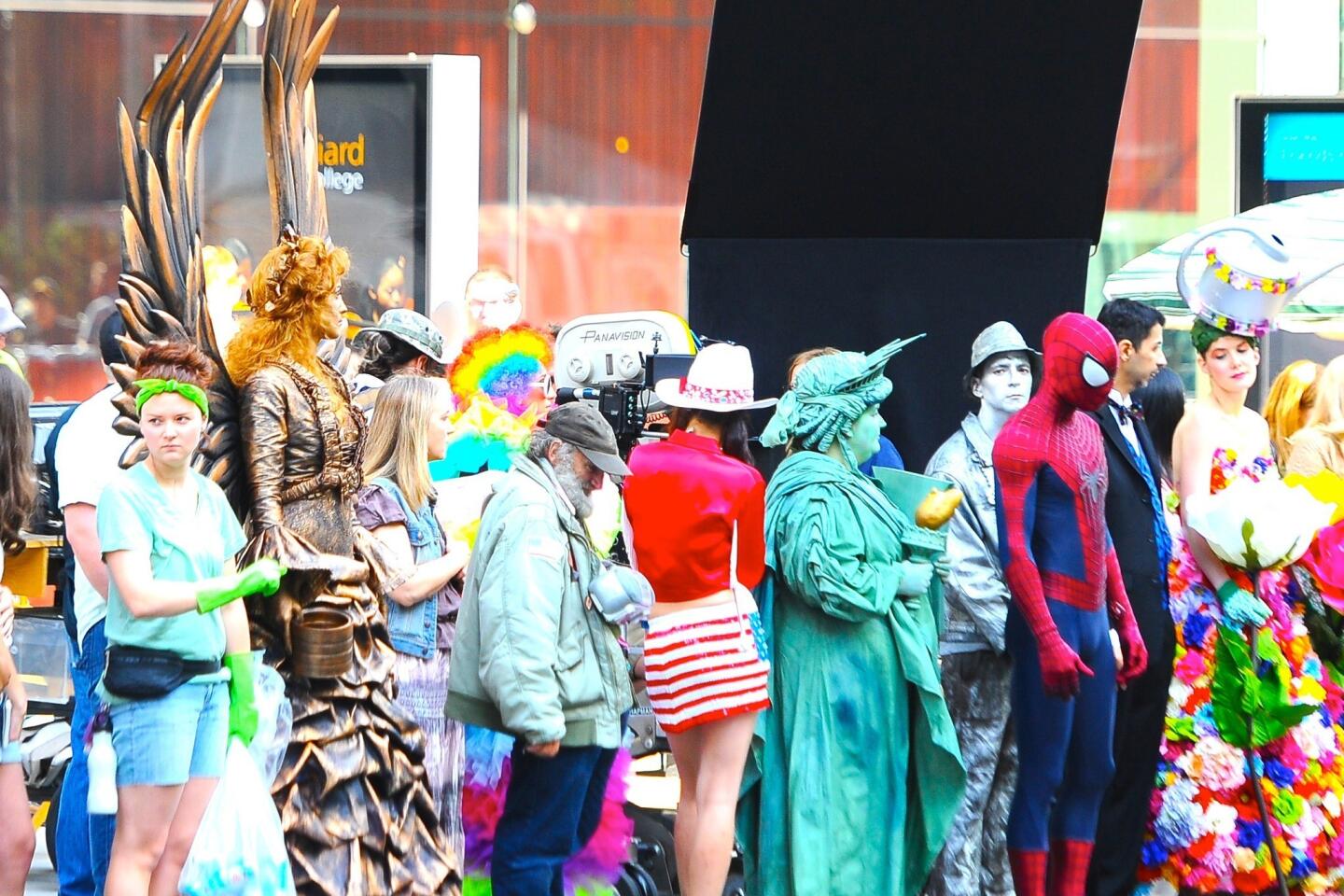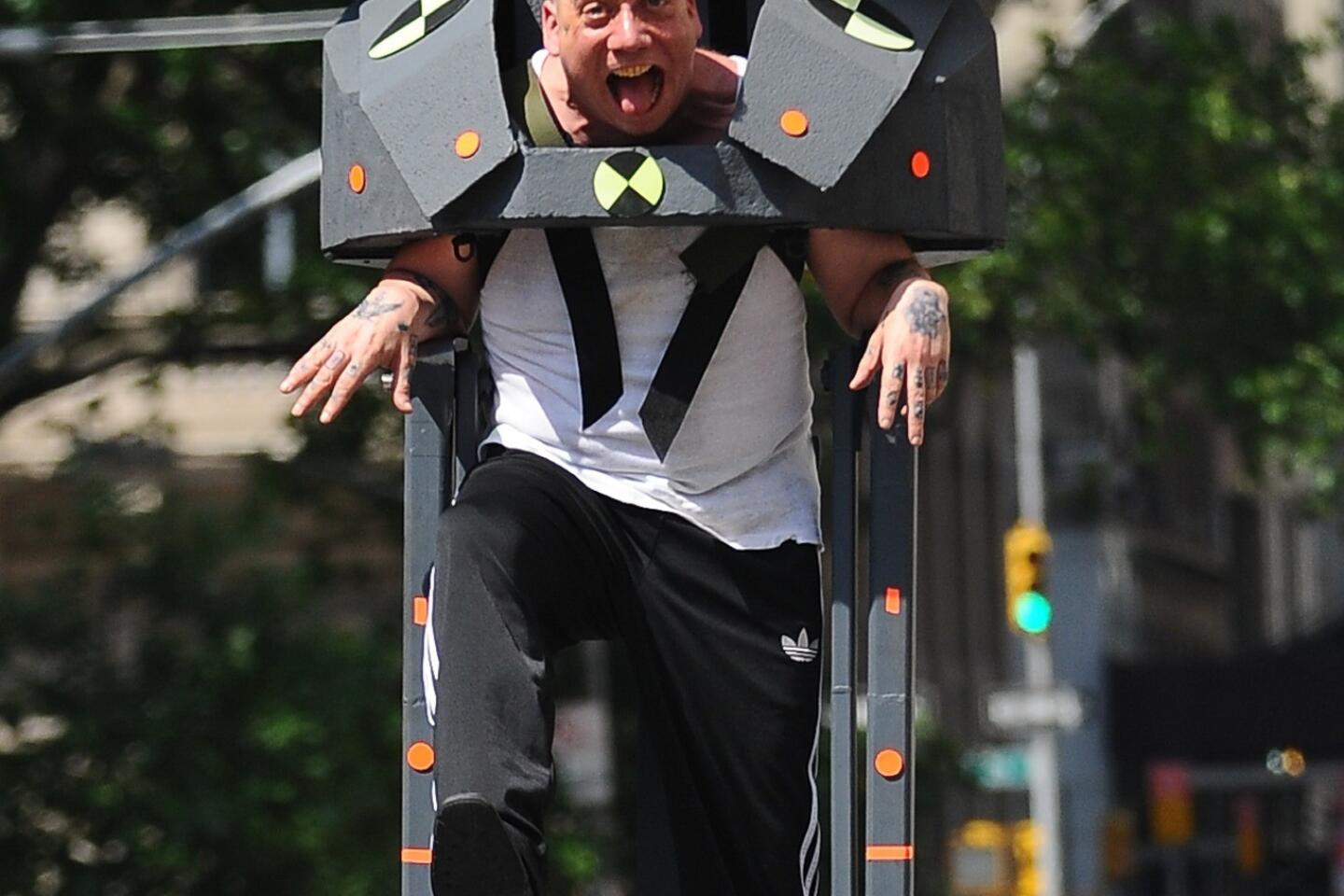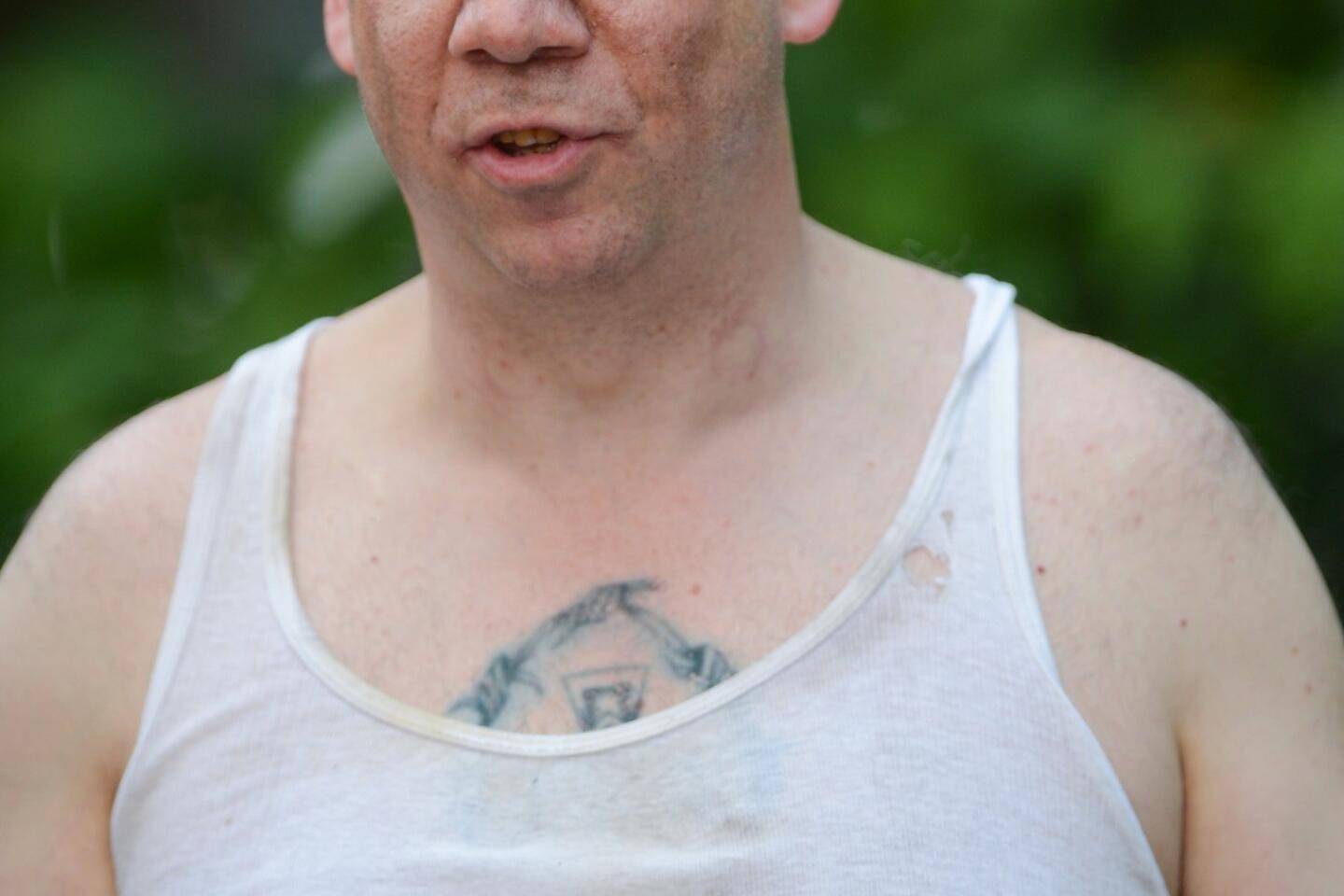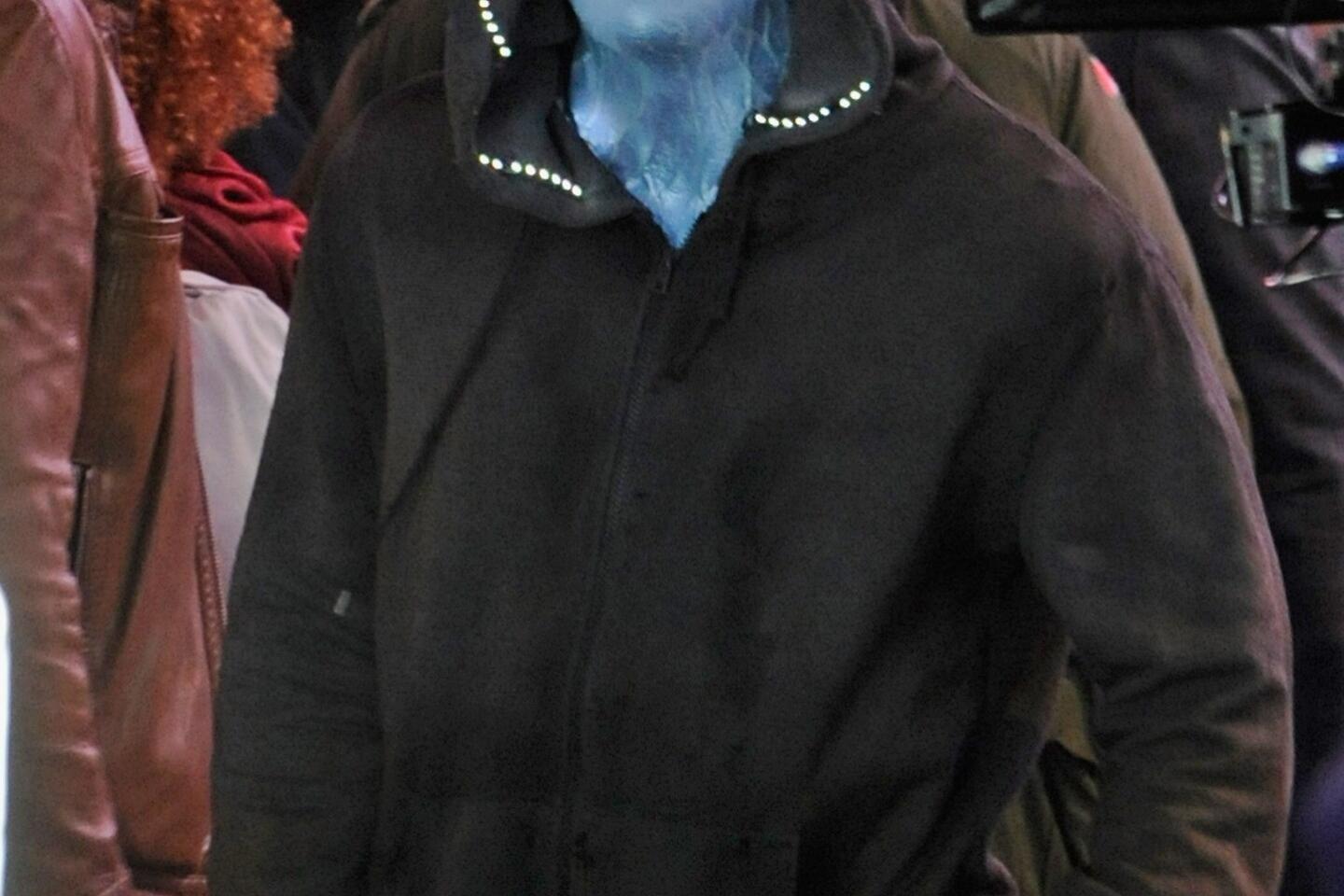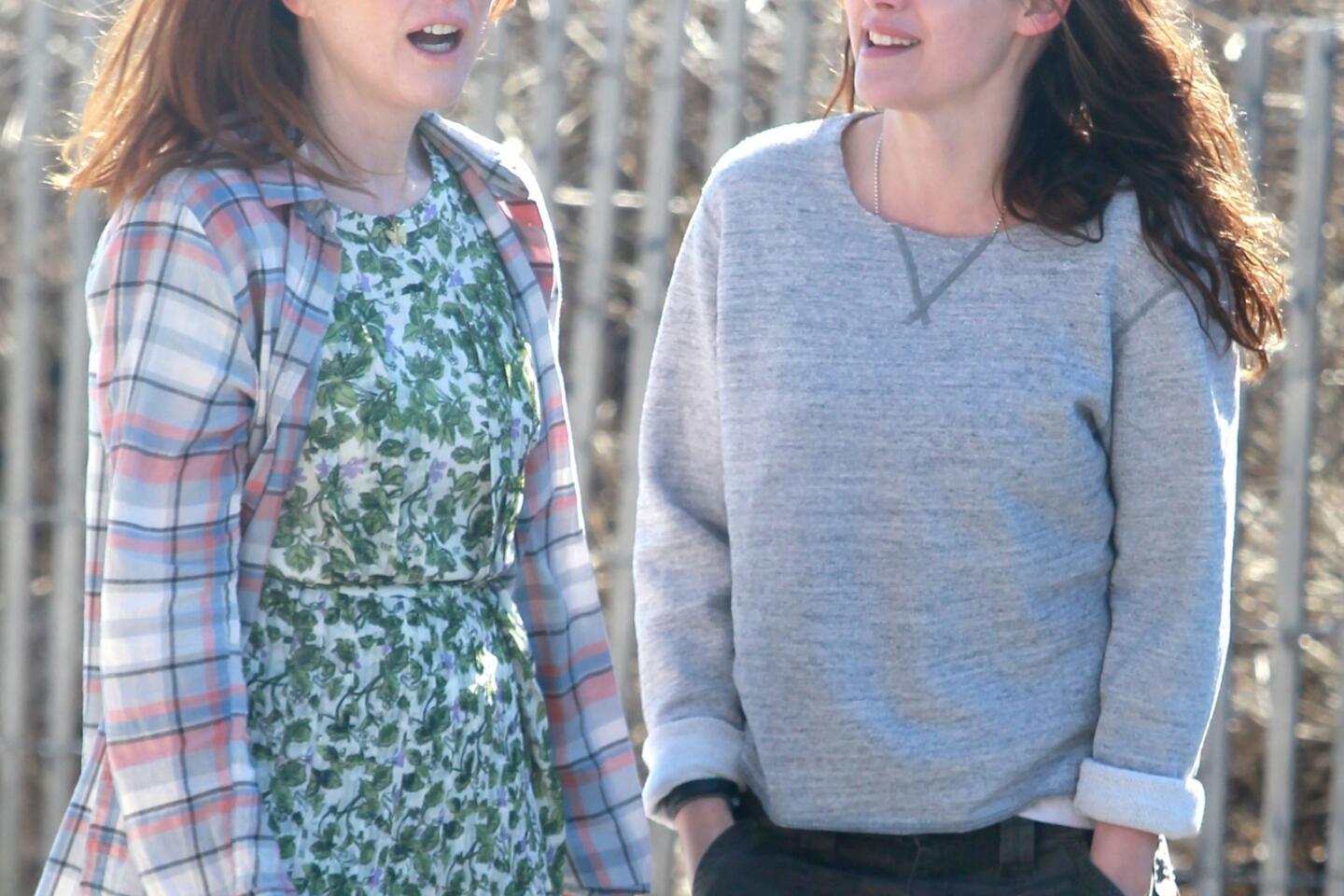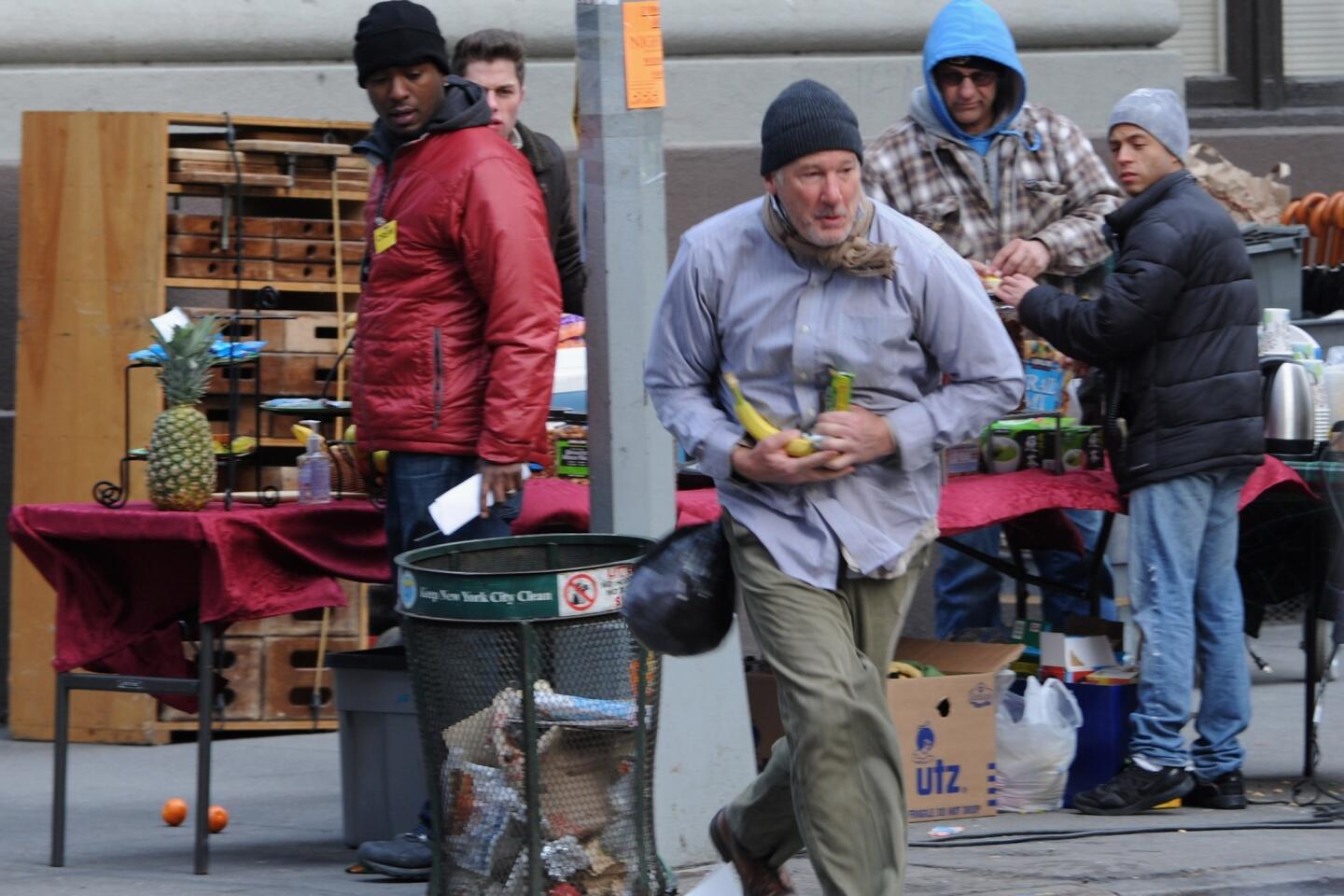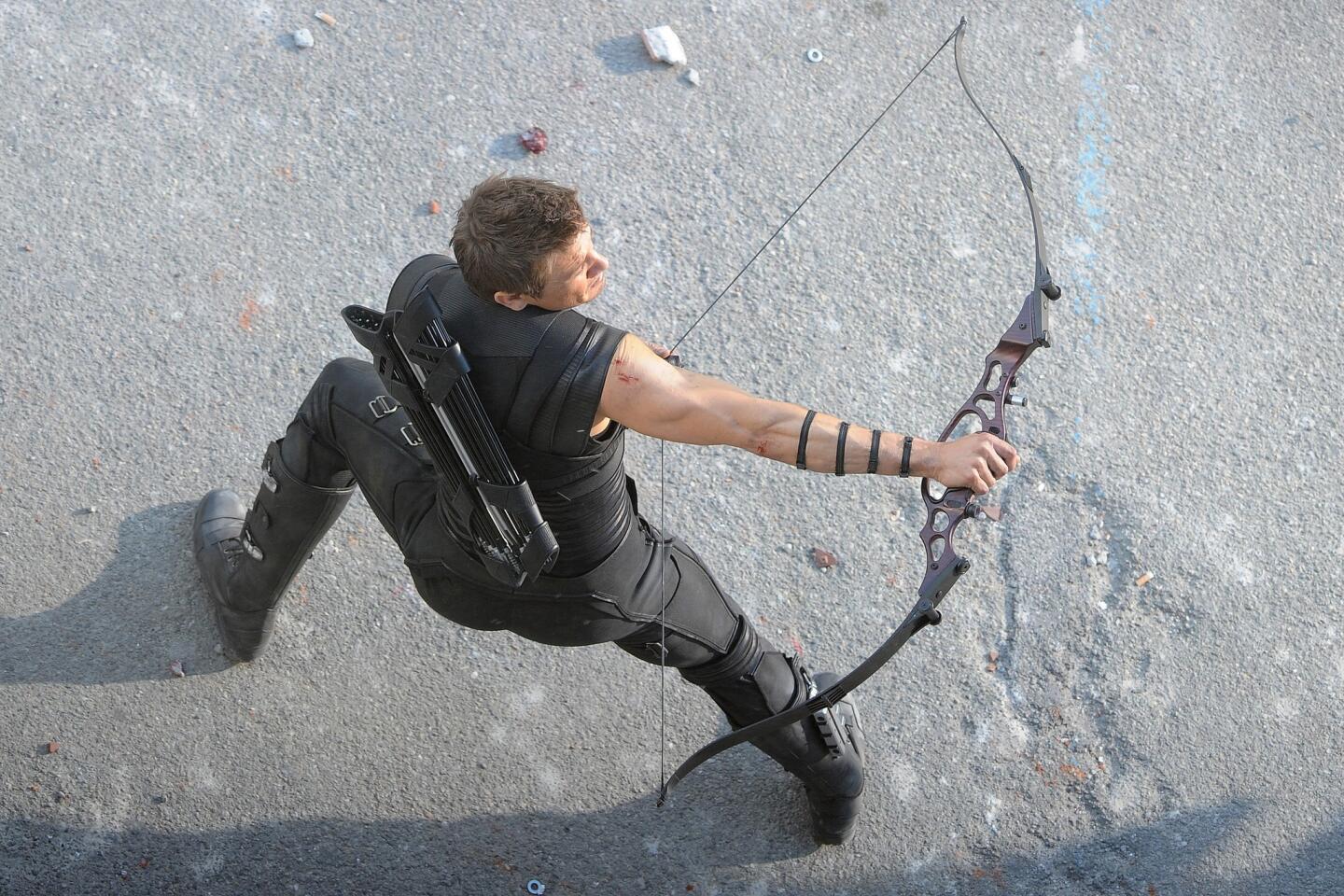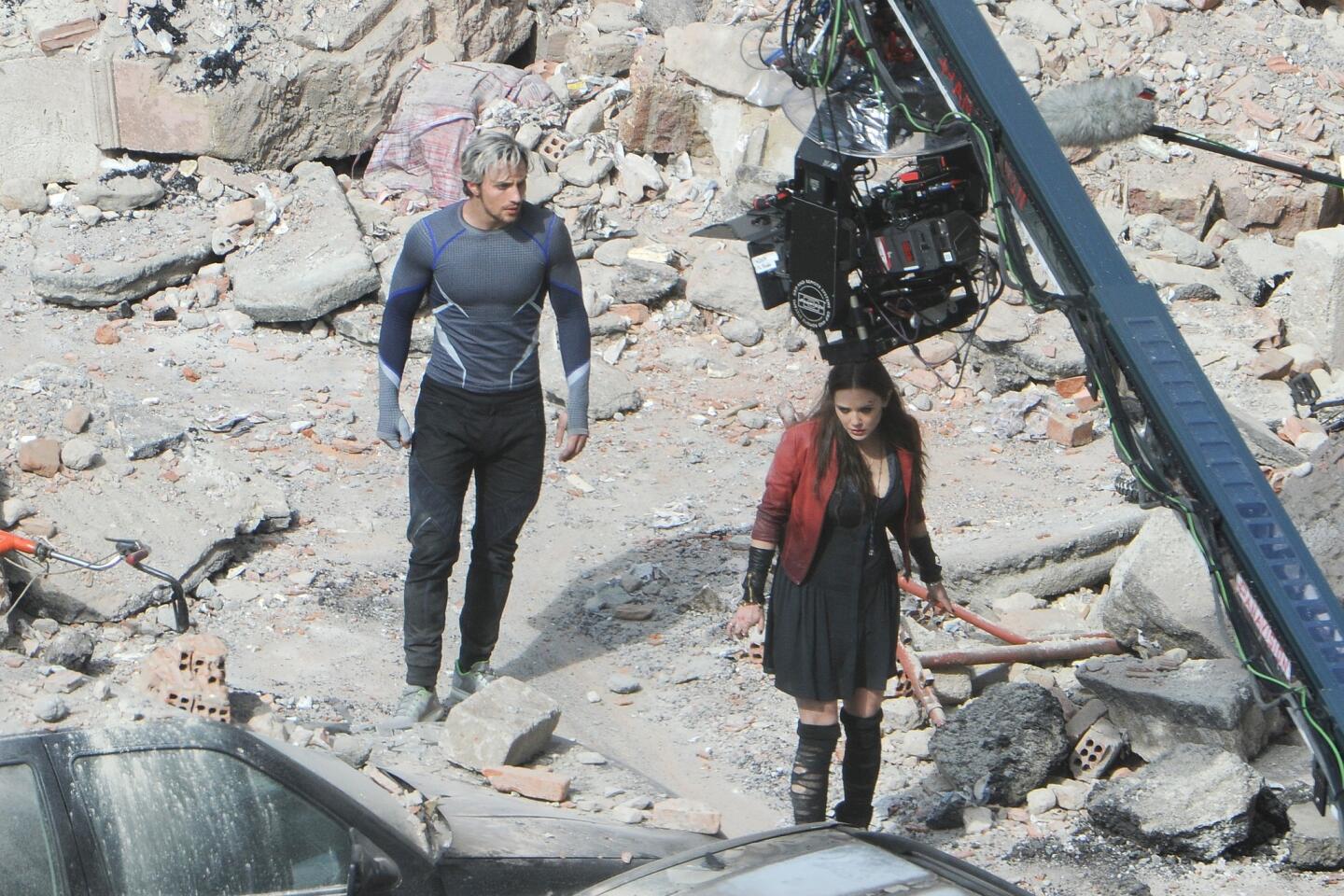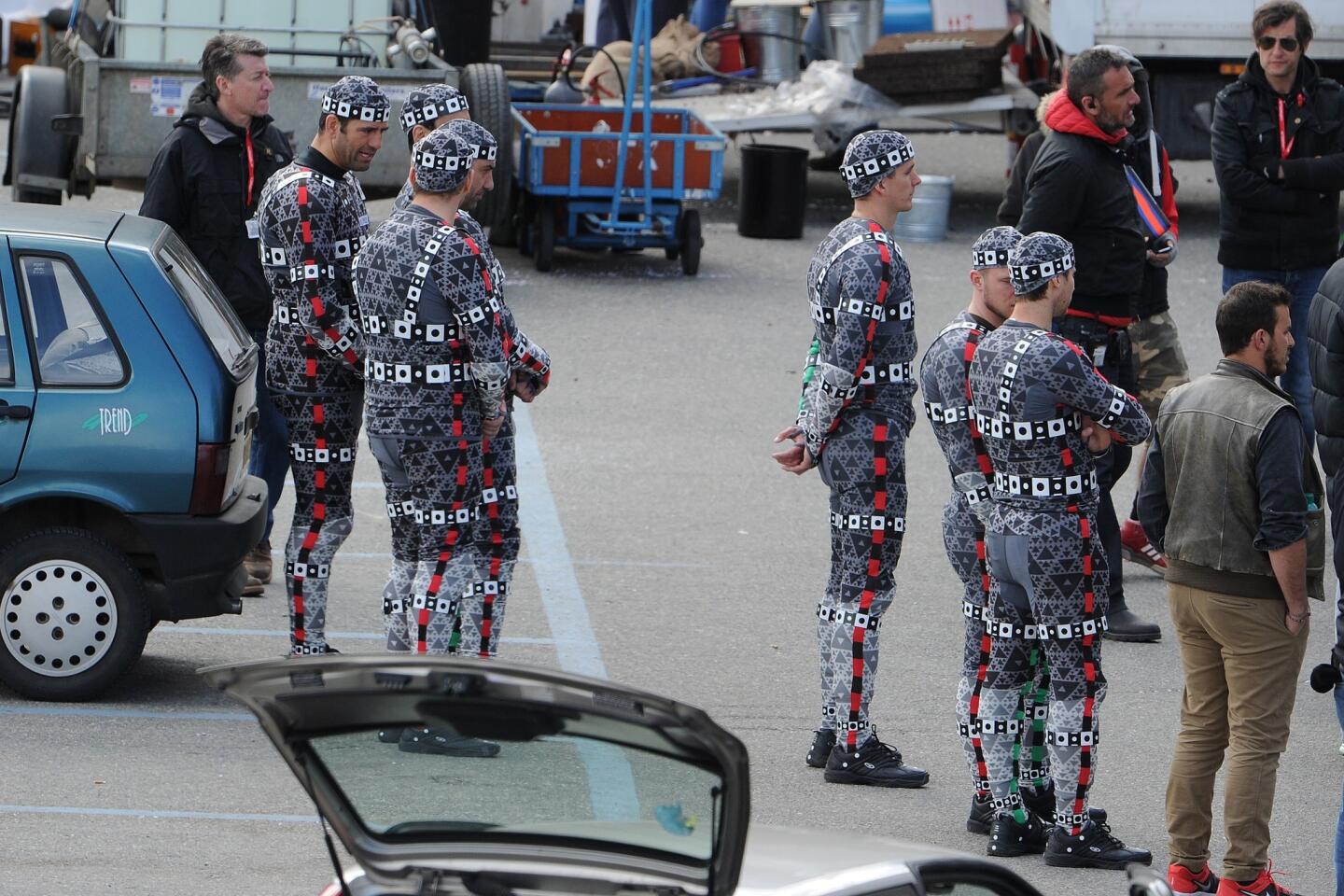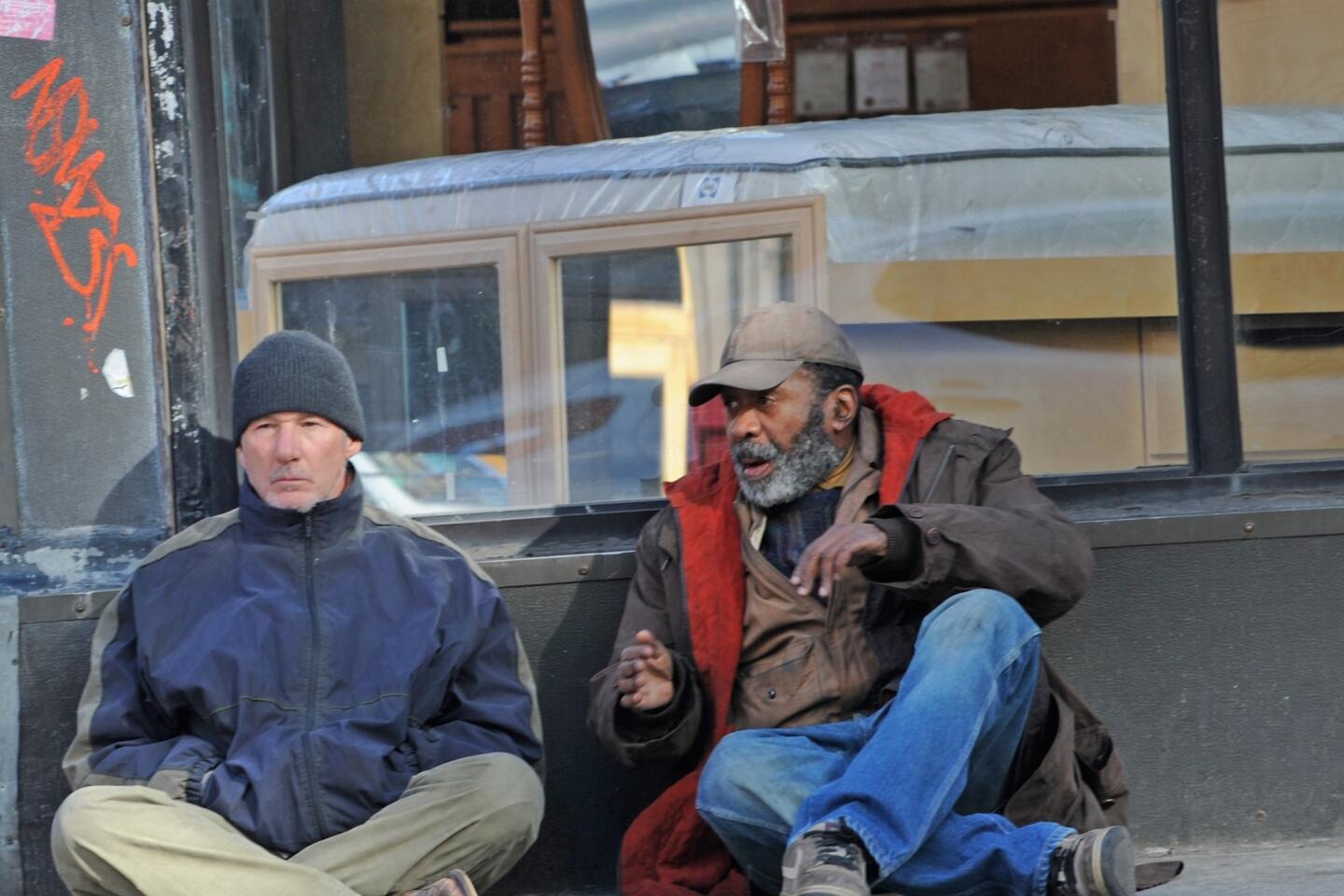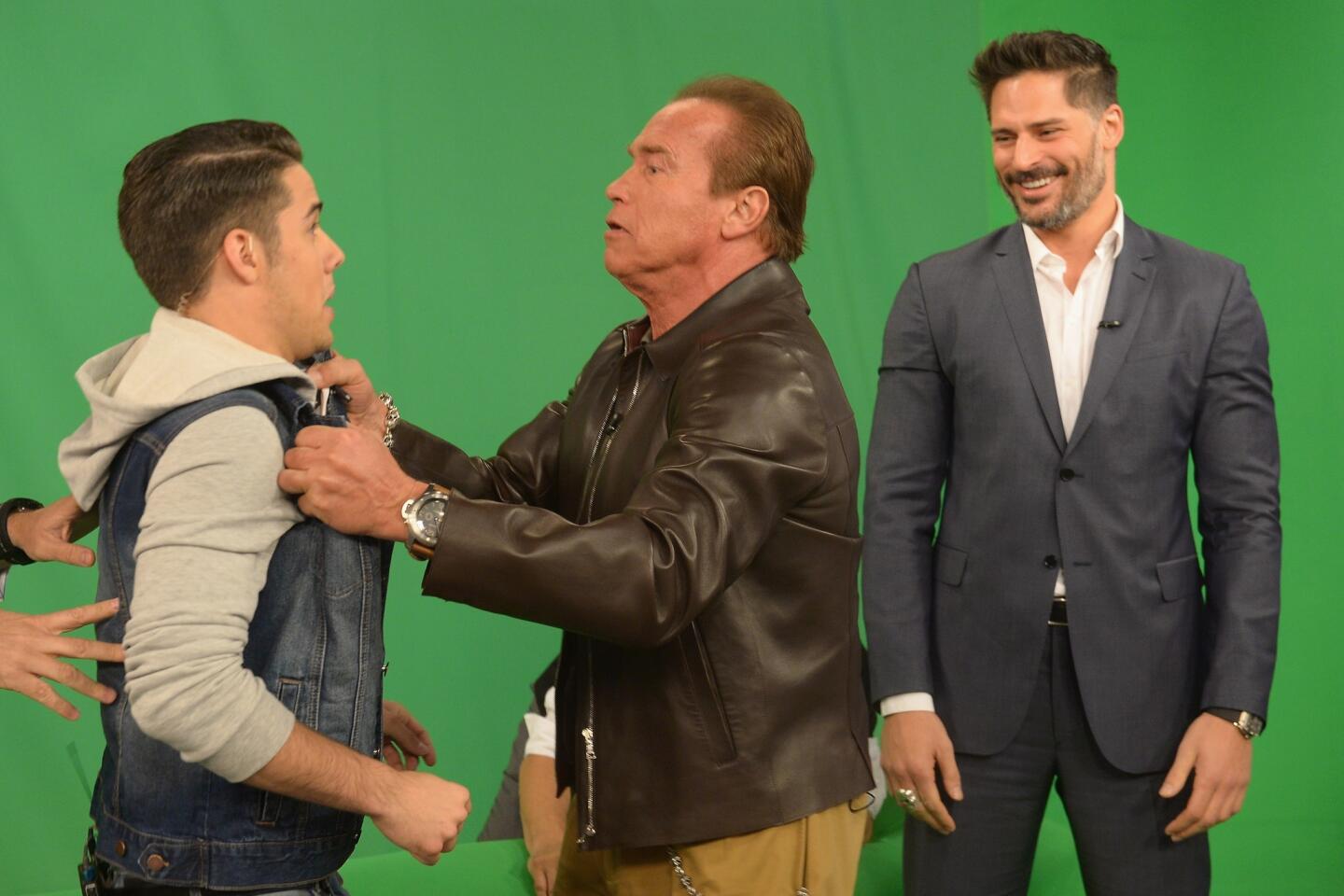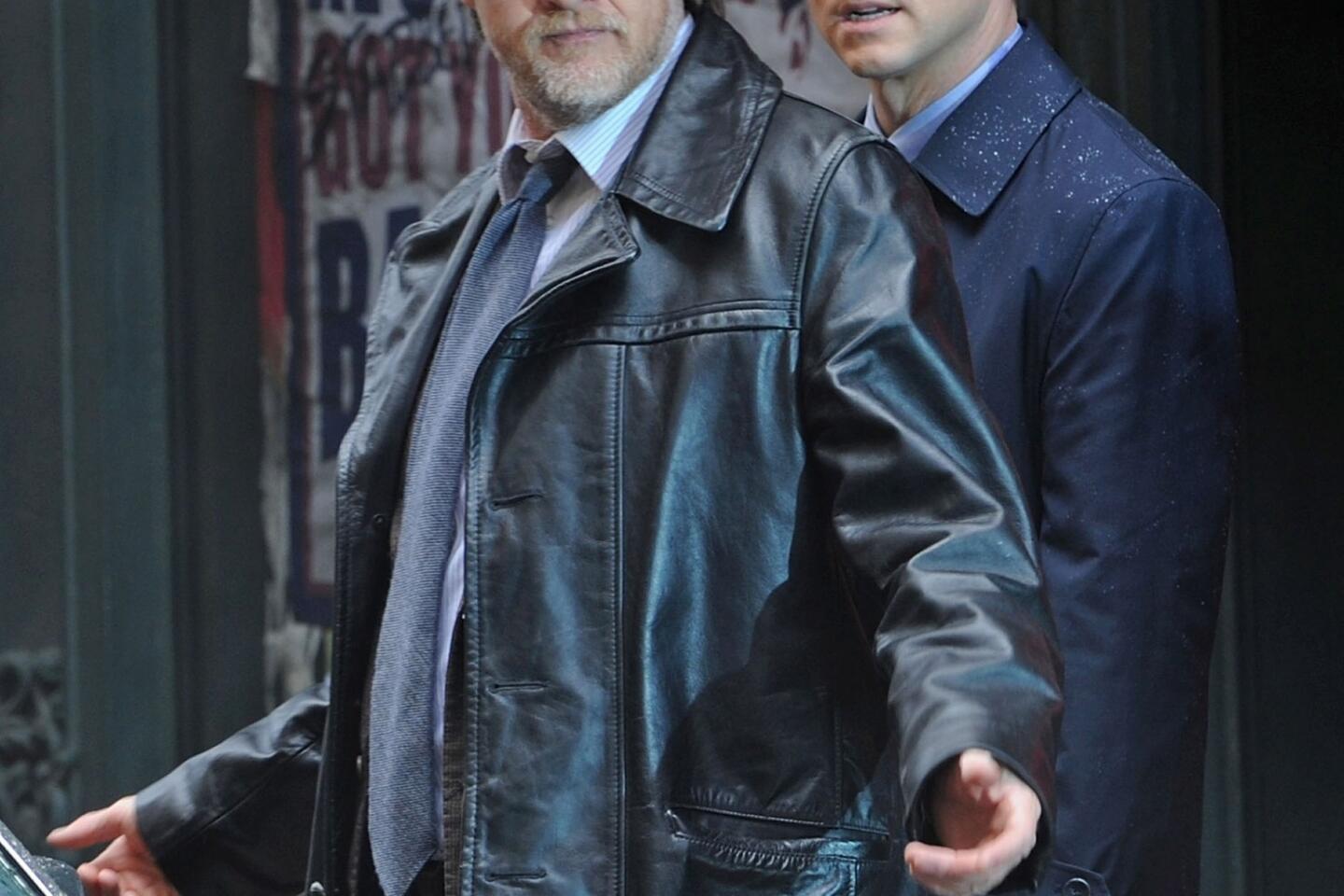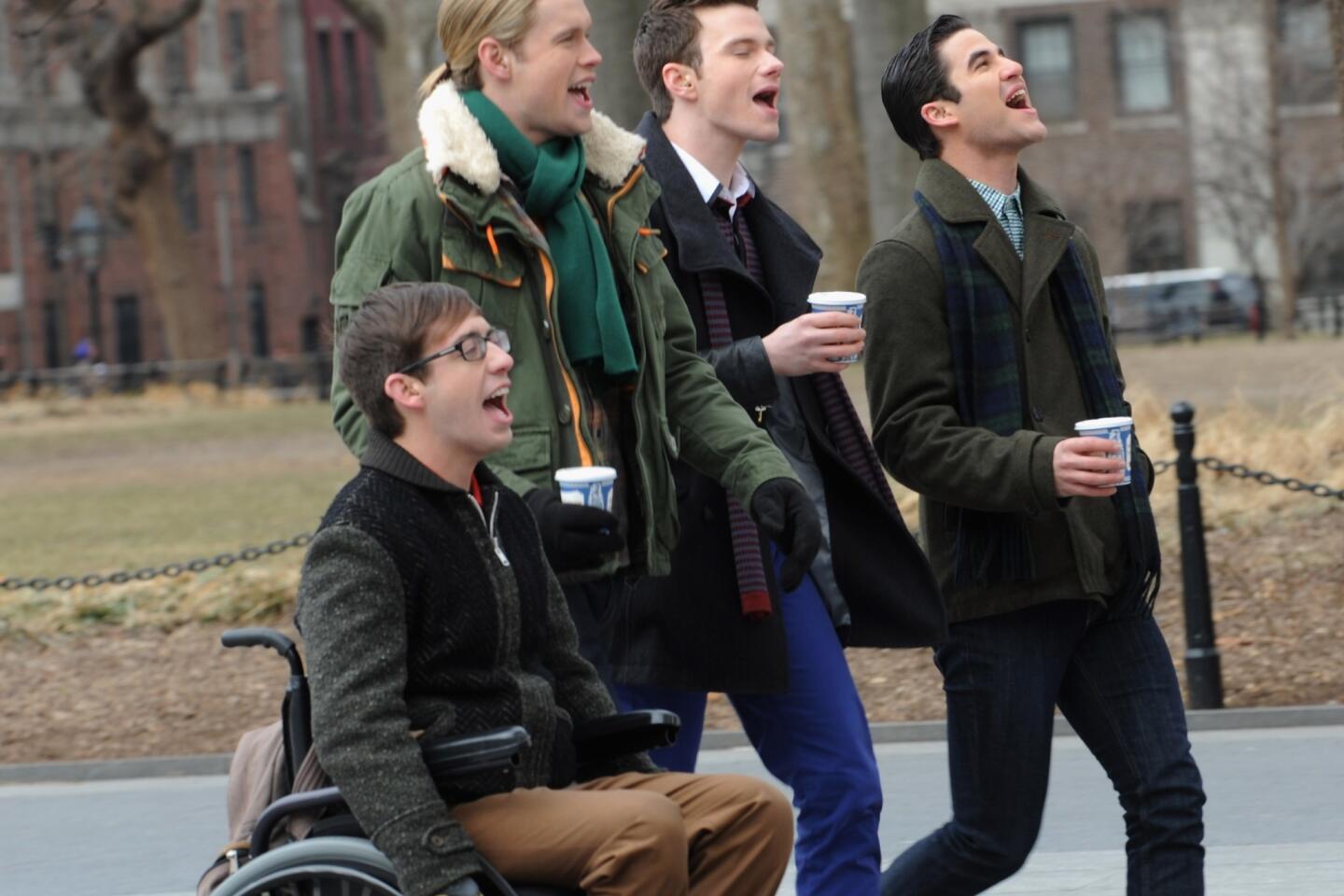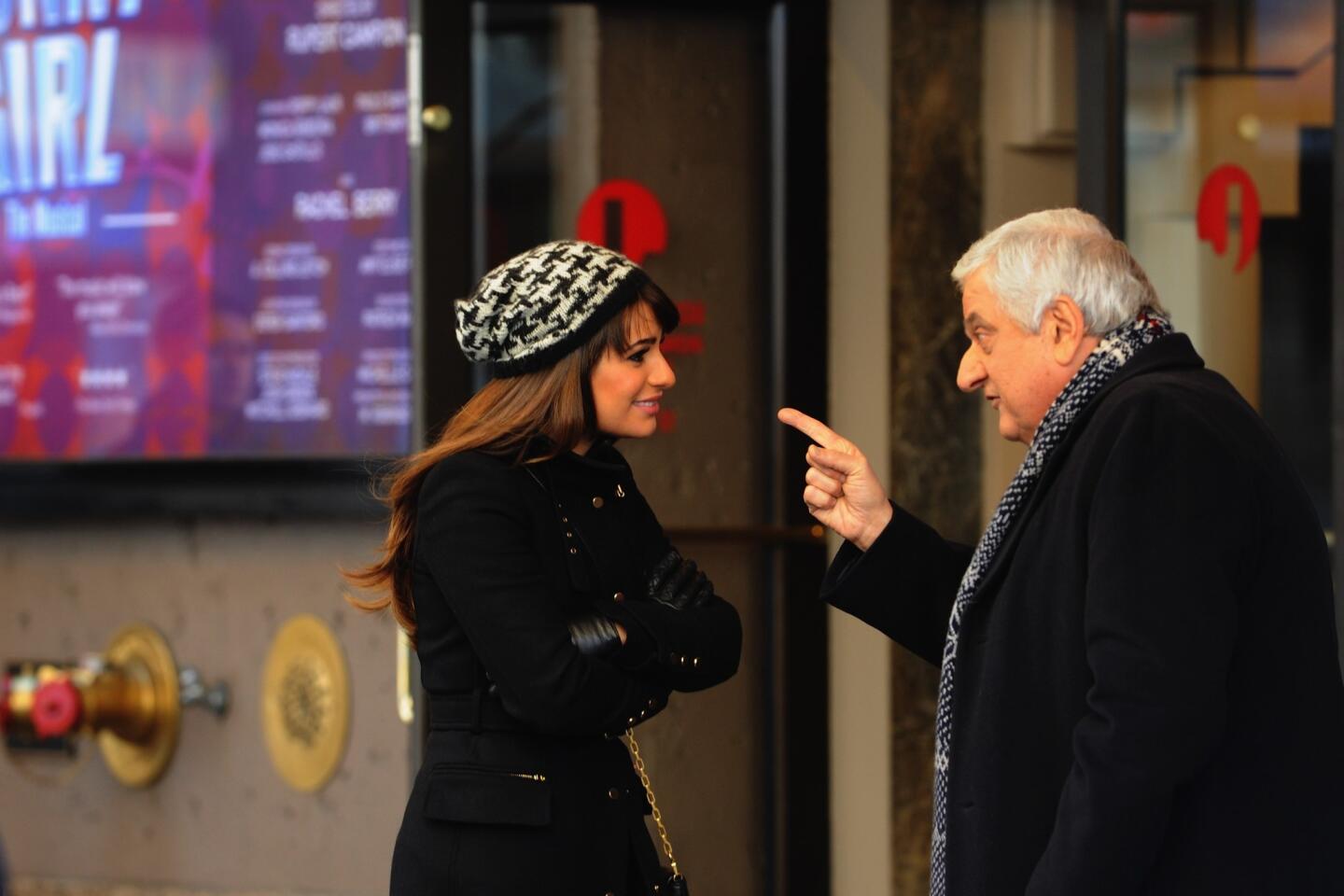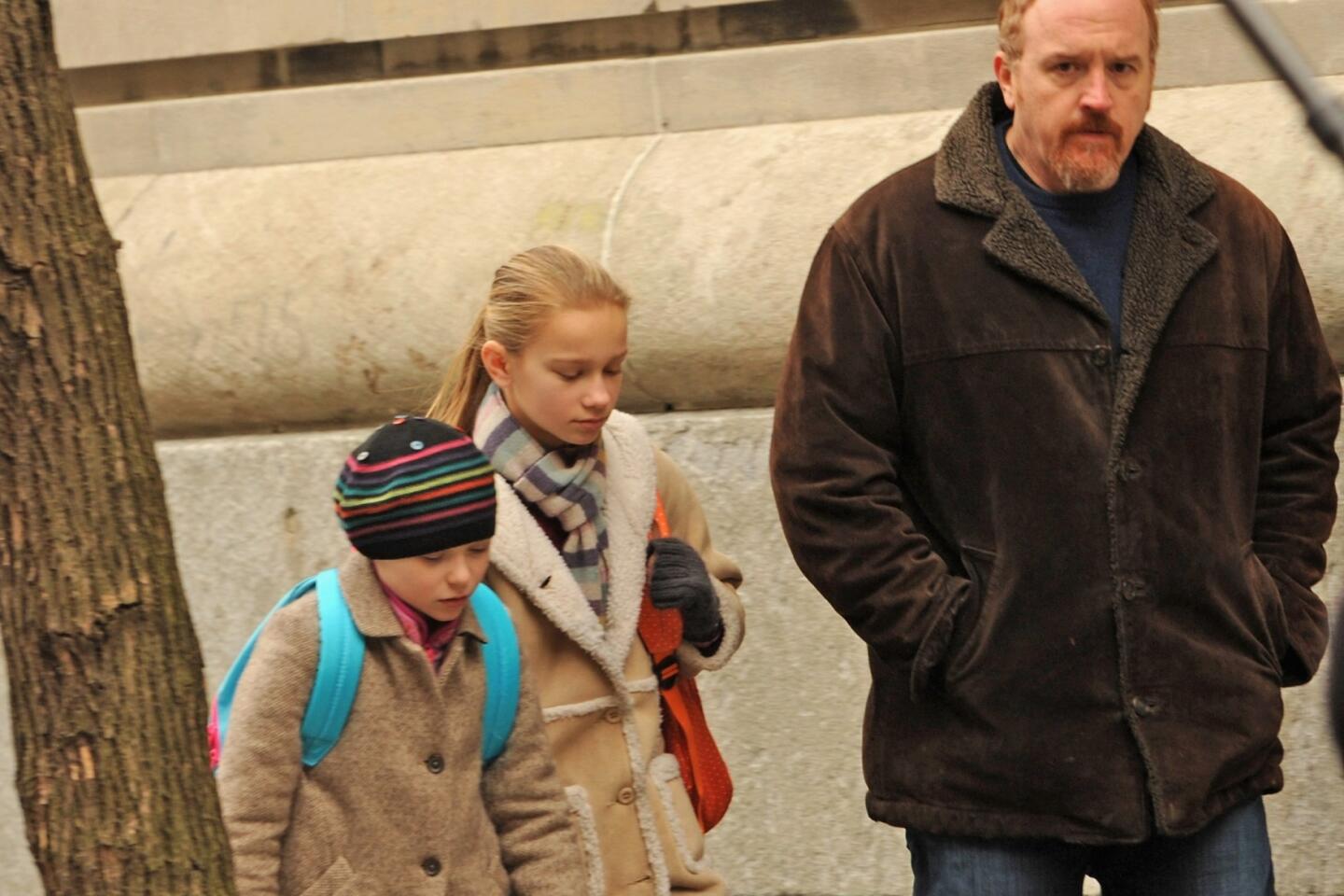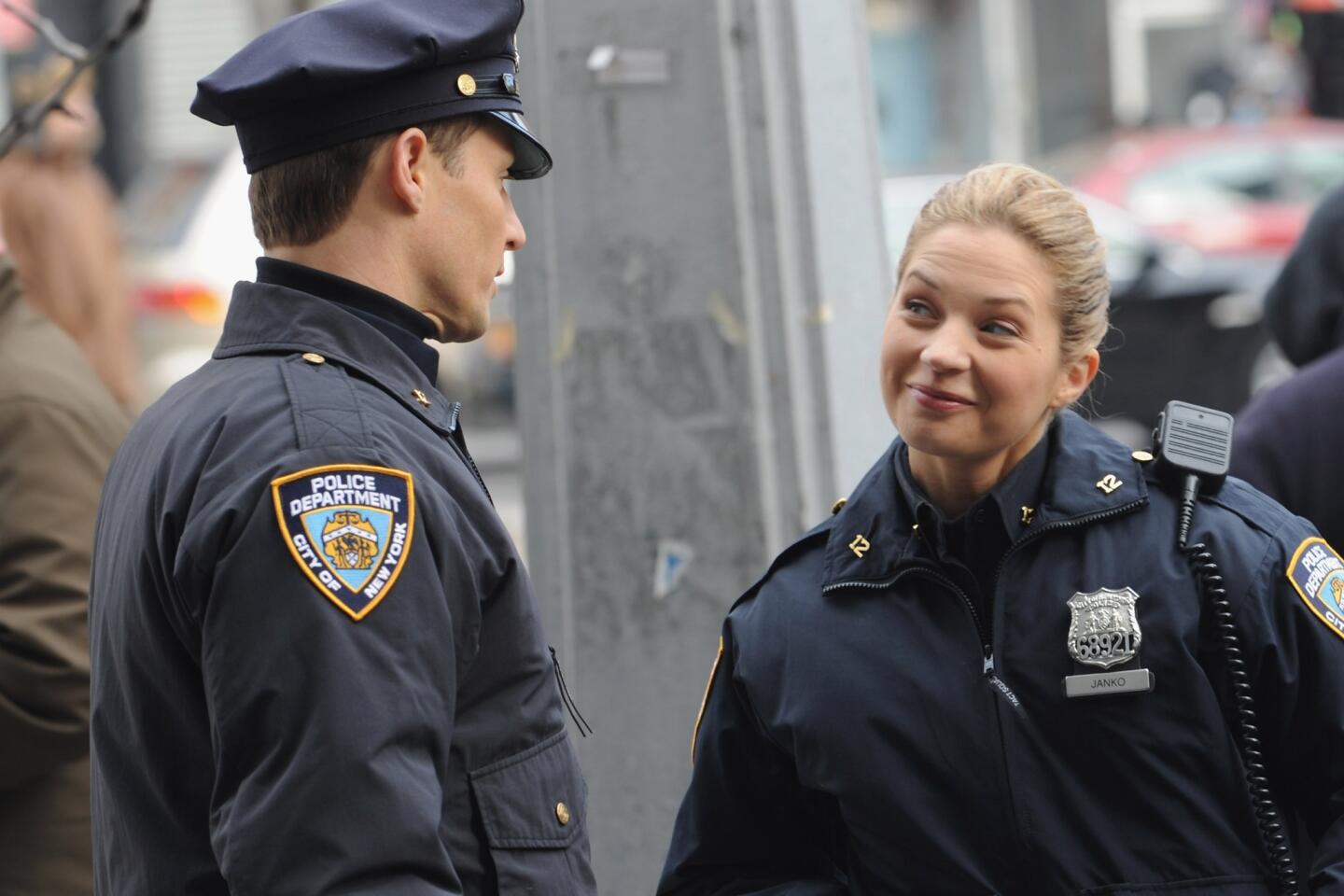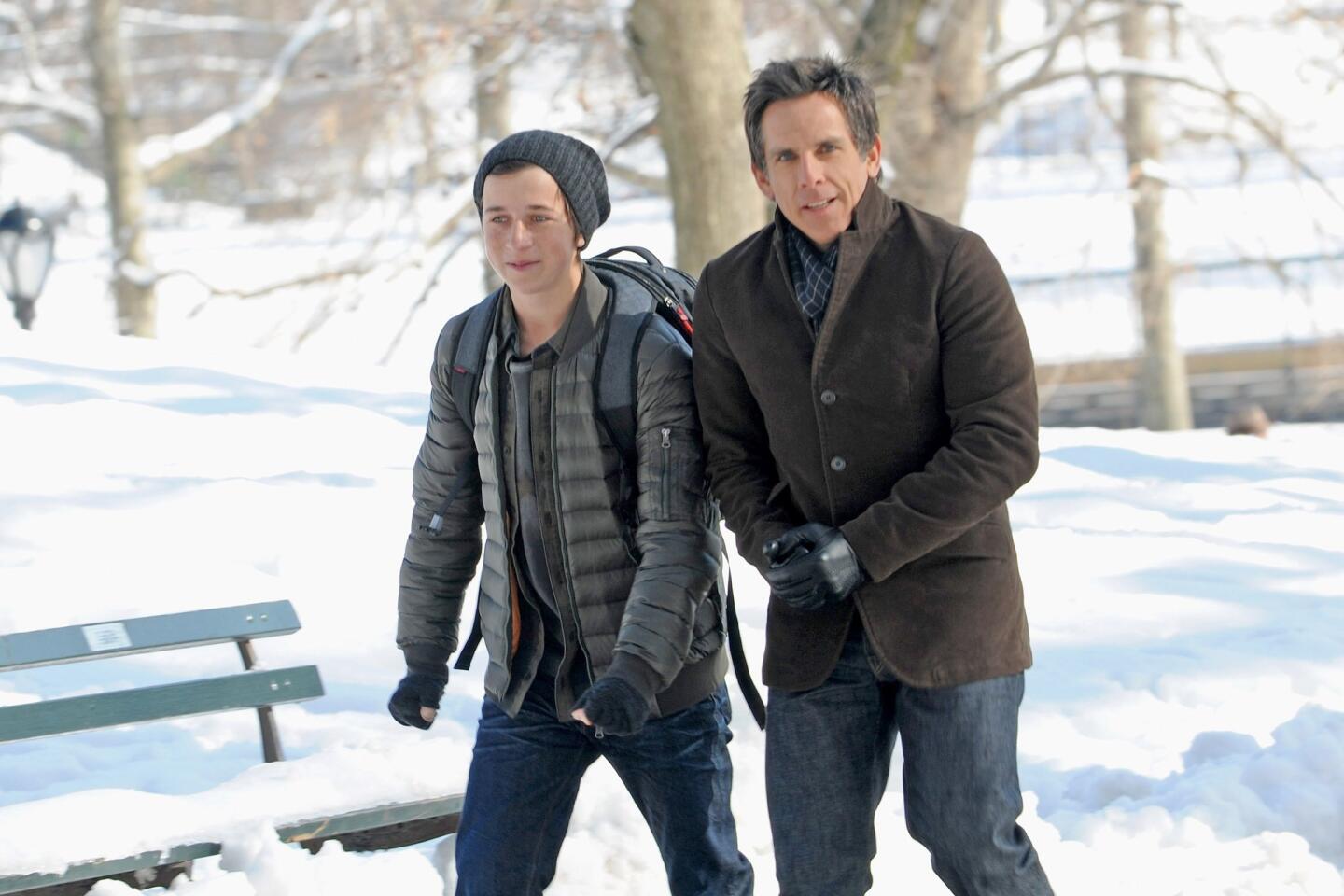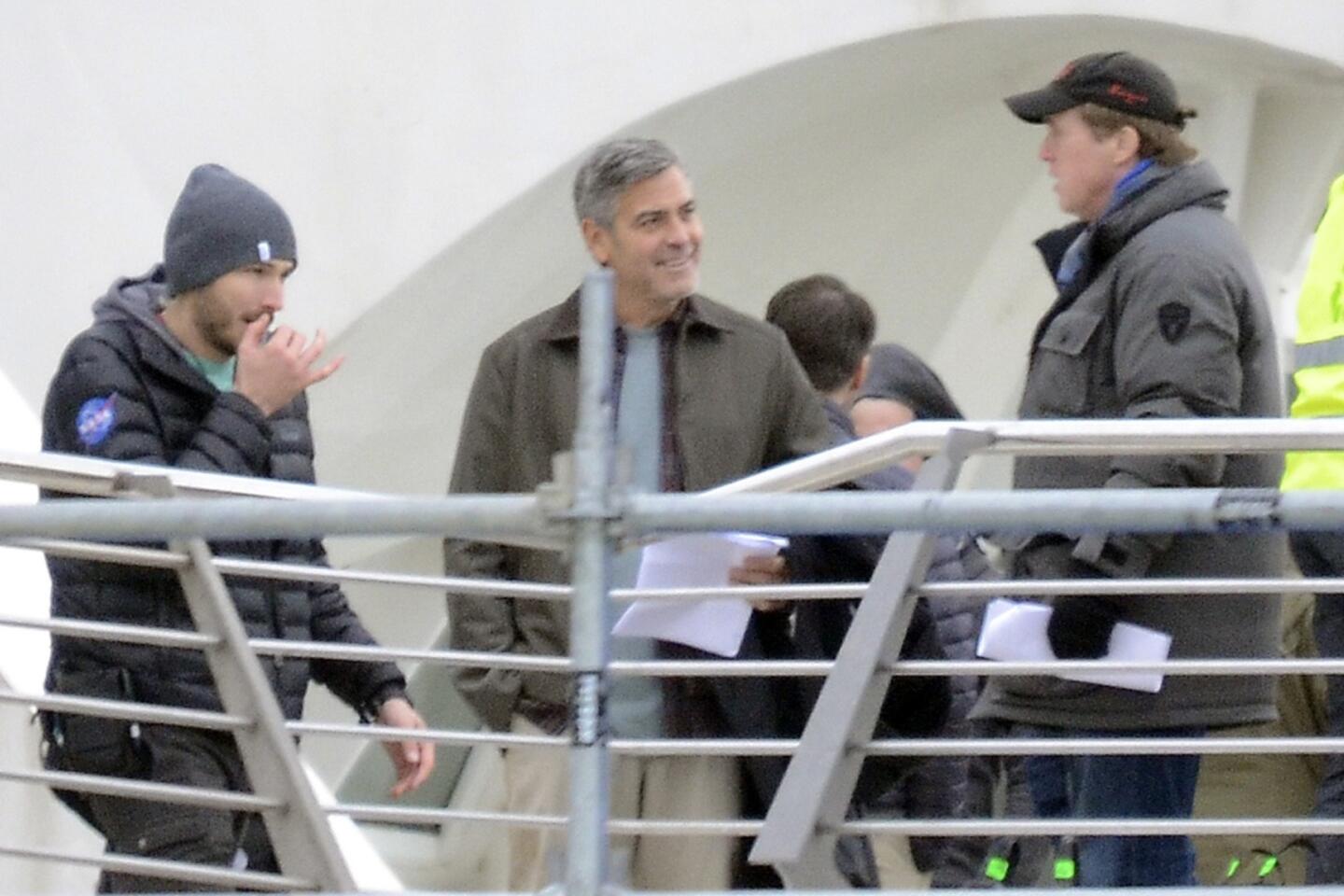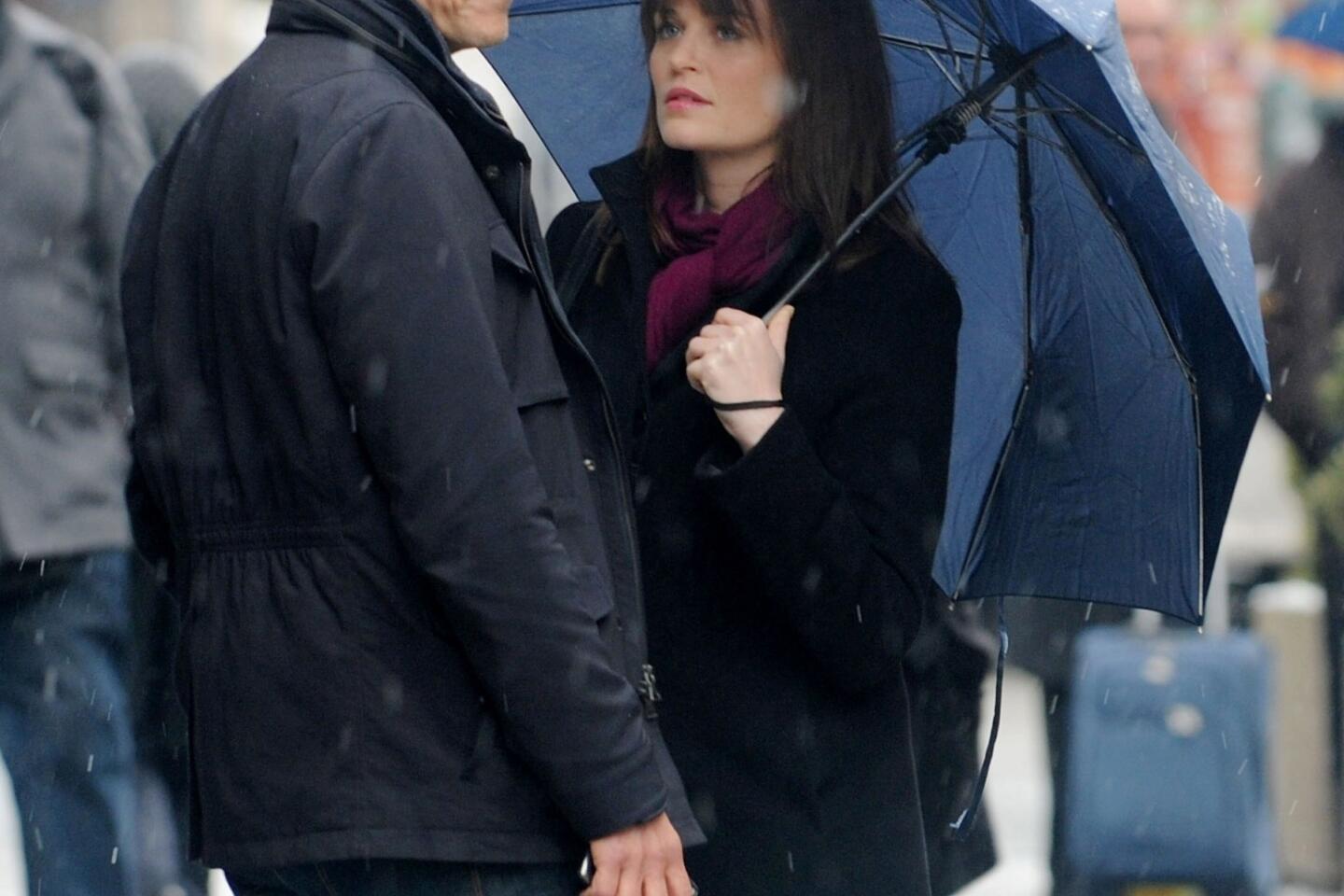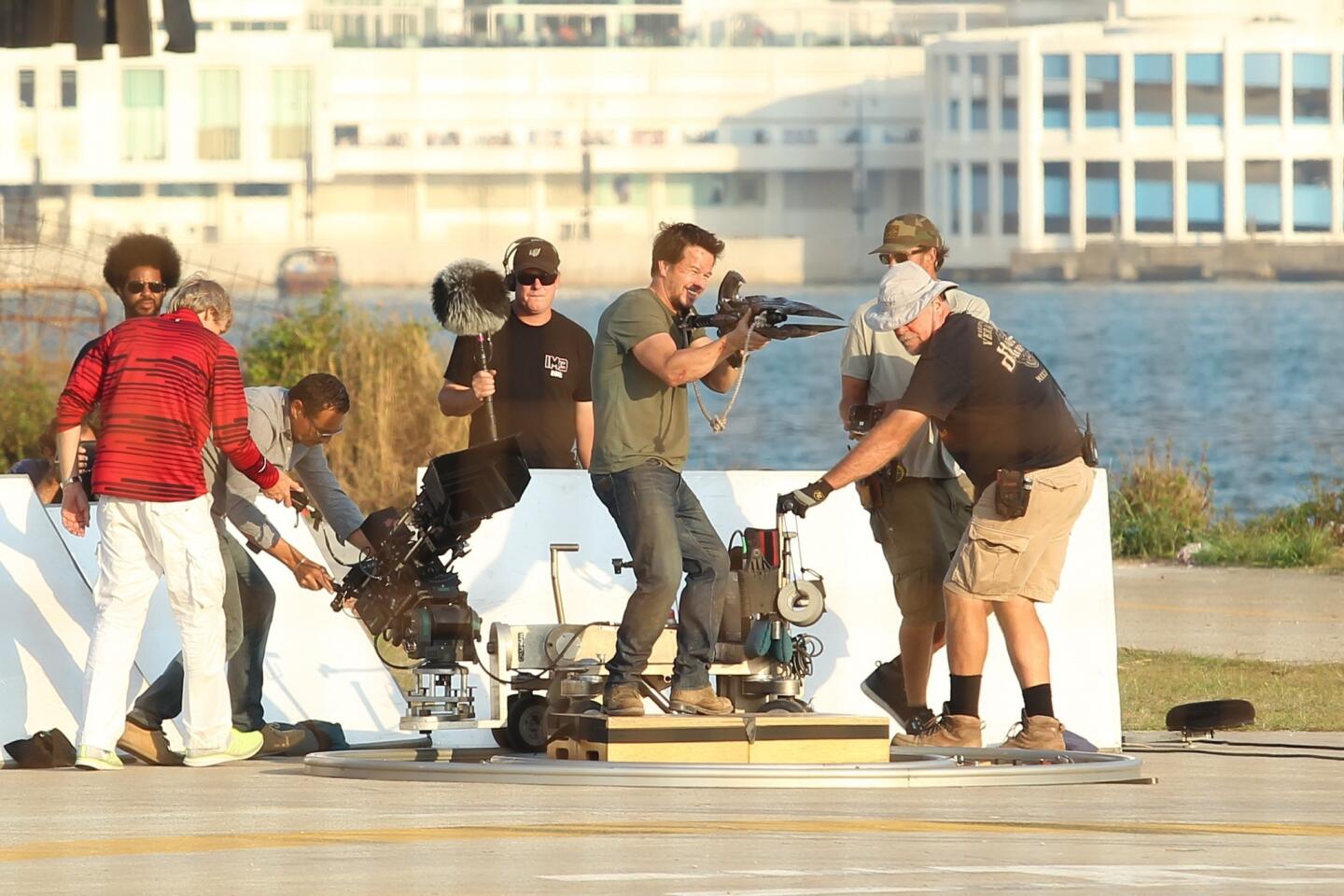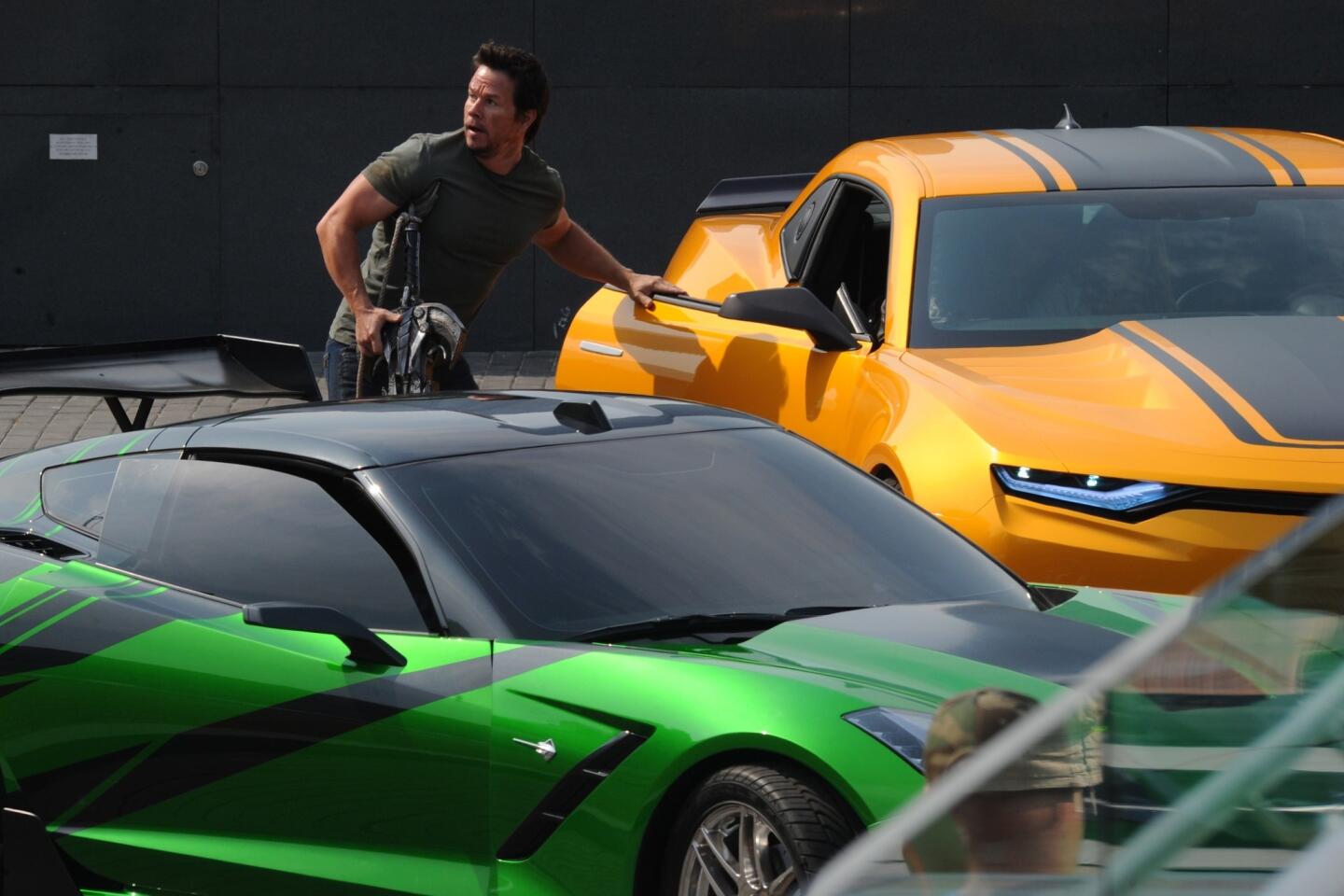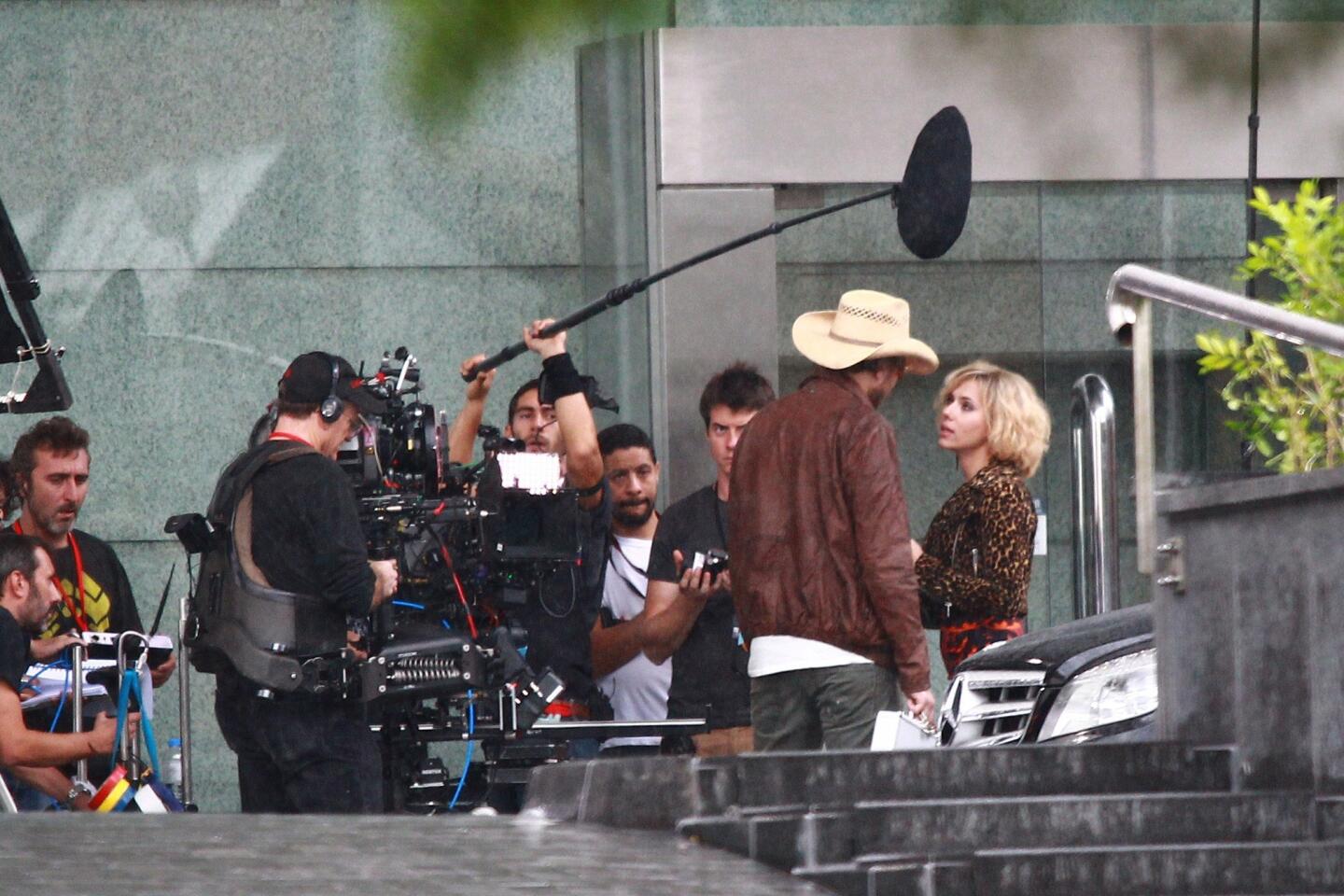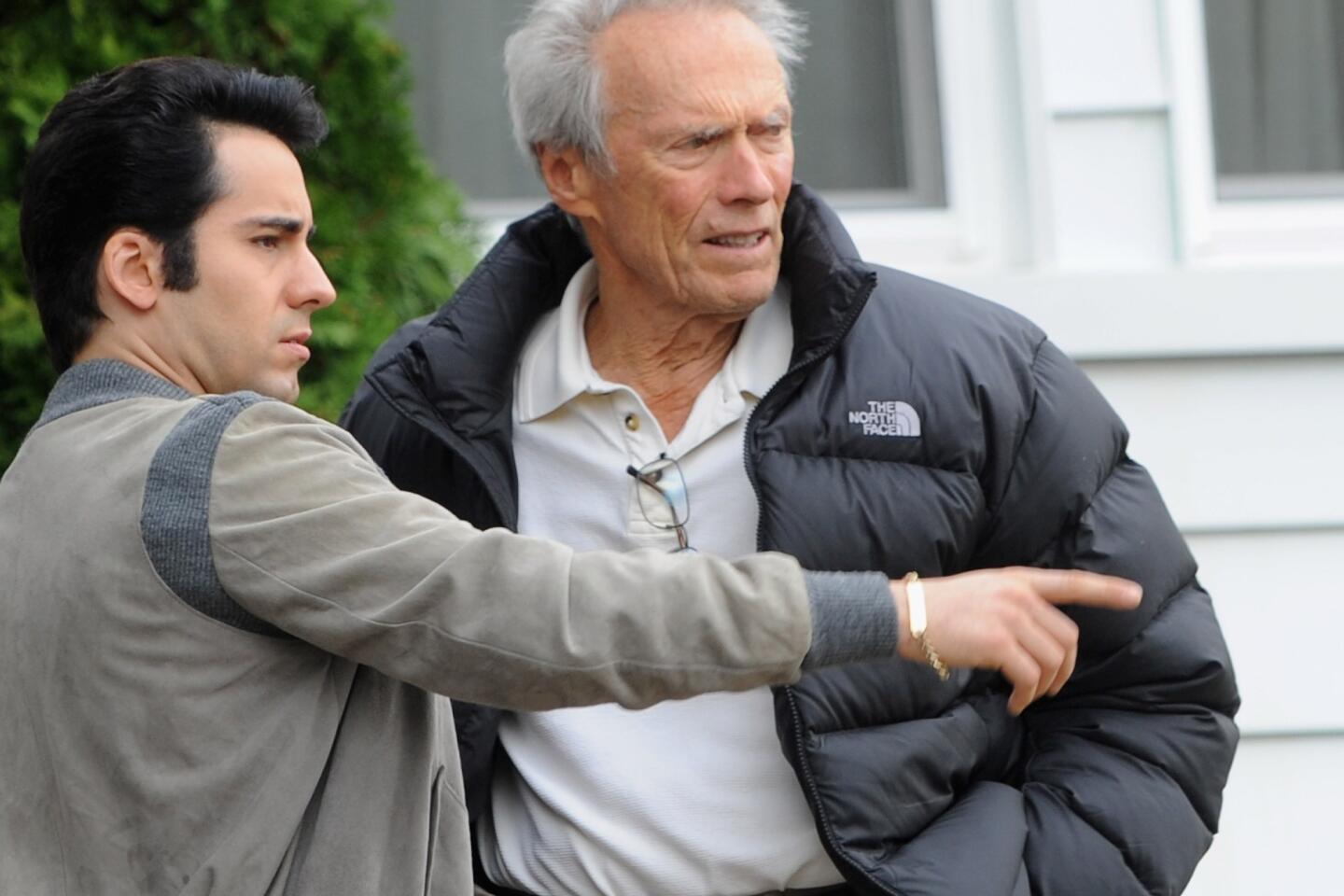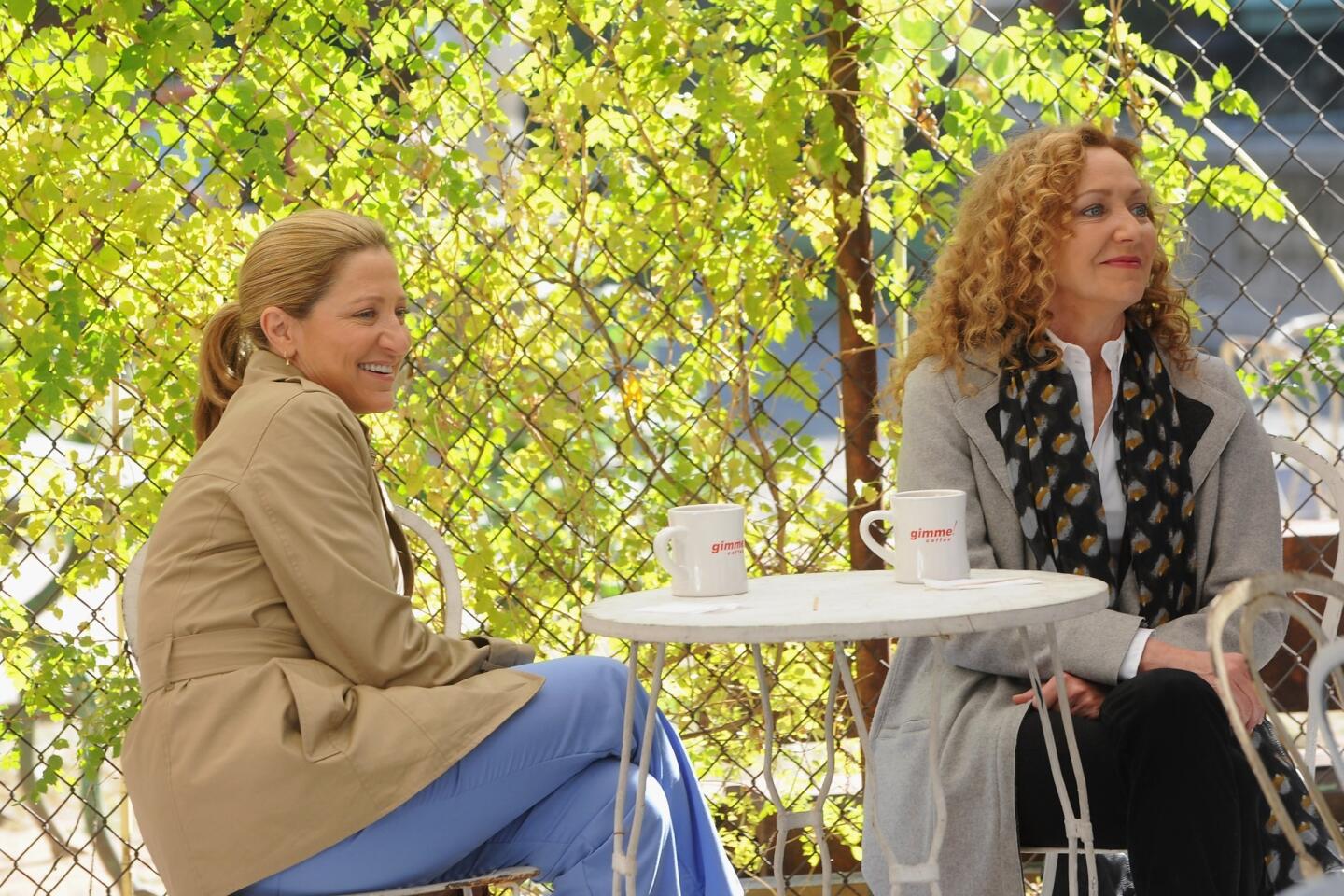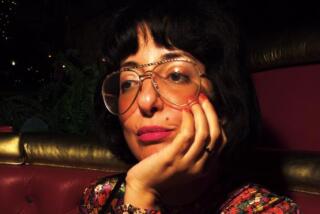Shohreh Aghdashloo, from Tehran to Hollywood
Iranian American actress Shohreh Aghdashloo, who earned an Oscar nomination for her performance in “House of Sand and Fog” (2003), writes about her life journey from Tehran under siege to Hollywood in her new memoir, “The Alley of Love and Yellow Jasmines,” which hits bookstores on Tuesday.
In your memoir, you write that your Oscar nomination made you proud to open the door for other Middle Eastern actors to get roles that aren’t terrorists. How has that been going?
I haven’t played a terrorist since “24,” and believe me, when I chose the role it wasn’t because of its political background but [because] the role was so dimensional.
Are the roles you’re offered pretty diverse?
Pretty diverse. After “House of Sand and Fog,” I played a professor in “X-Men[: The Last Stand],” I played Anna in “The Lake House.” Right after that, I played a Turkish lady in “The Sisterhood of the Traveling Pants.” I played Dr. Adani in “The Exorcism of Emily Rose,” and I played Dr. Helen Crawford on “Grey’s Anatomy.” I was so happy when I was reading the script, when I realized my name was Helen Crawford — an American name.
PHOTOS: Hollywood backlot moments
Do you think those kinds of opportunities are also available to other Middle Eastern actors?
First you’ve got to be lucky. If you’re in love with this profession, then the industry would like to work with you. The same thing will happen with other actors.
You write about the performance you gave — but we never saw — in “The Adjustment Bureau.” What happened?
Oh, my God, I loved that role. As actors, we all know we’re at the mercy of the editing table, but not to this extent, never had I experienced it. The director, George Nolfi, decided I should play God. Everything went great until I got a call from the director who was asking to have lunch with me. He was on the verge of crying. He said, the distribution company believes that you cannot play this role.
Because God couldn’t be a Muslim woman?
That’s right, although if I’m asked what religion I am, I say I was born a Muslim. I don’t introduce myself as a Muslim woman, but I guess the distribution company put the dots together and felt it’s too early for this.
PHOTOS: Celebrities by The Times
To say “it’s too early” implies your belief that eventually that will come.
It’s going to take time, but eventually it will happen.
By the way, I was amused by your Tehran story about tracking down your burglars, who were people you knew, because you didn’t want to pursue charges and the cop who was with you wanted to make an arrest, you “tipped” him. We call that a bribe.
Yes, that’s right, we bribed him. I had given the thief my word that I was never, ever going to mention his name or press charges. That’s why we had to tip the policeman. That’s a nice way of putting it.
And I gather that when you were nominated for your supporting actress Oscar, you were less than impressed when Renee Zellweger (who later won for “Cold Mountain”) didn’t bother to respond to Holly Hunter’s invitation to lunch with your fellow nominees.
To tell you the truth, I was more appalled than Holly herself, who was the host.
So coming up for you is “The Last Knights.” Can you talk about it?
They may change its name. It was filmed in Prague during the winter and hopefully it will be on the silver screen in December. I worked with Clive Owen and Morgan Freeman. I portray Morgan’s wife, Lady Bartok — again, a non-Iranian character. I loved working in Prague. It feels like you’re waking up in a museum.
I was curious to know why you didn’t write about “Iranium,” the 2011 documentary you narrated about Iran’s nuclear threat. You and the film were criticized for implicitly calling for war against Iran, but you’re proud of your outspokenness. Why didn’t you write about it?
Yes, that was pretty scandalous. The reason I didn’t write about it was that what the Iranians were saying was irrelevant to the making of it, the purpose that I had in lending my voice to it. I was more than happy to lend my voice to it so it would shed light on the doctrines of this religious dictatorship.
The film talks about Iranian people’s desire to rejoin the international community. Where does the Green Movement of protesters stand, as far as you know?
The Green Movement has gone underground. We’re all looking toward the election this June 14. It won’t make a difference. I’ve heard there are parents in Iran who’ve said that on the election day, they’re going to lock their doors and won’t allow their children to leave the house, let alone go vote. They are afraid. If I were in Iran, I would do the same thing. If my vote isn’t going to make a difference and if my child’s vote is going to cost him his life, I’m not going to vote at all.
When you spoke against torture in Iranian prisons on CNN, you write that your brother was arrested the next day and imprisoned for a year. Did you have any regrets about that?
Honestly, no, because I hold my mother responsible for it. She was the one who was on the phone 24/7, begging me not to say anything. Maybe this was the tragedy of my life, but I stood up to my mother.
More to Read
Only good movies
Get the Indie Focus newsletter, Mark Olsen's weekly guide to the world of cinema.
You may occasionally receive promotional content from the Los Angeles Times.
